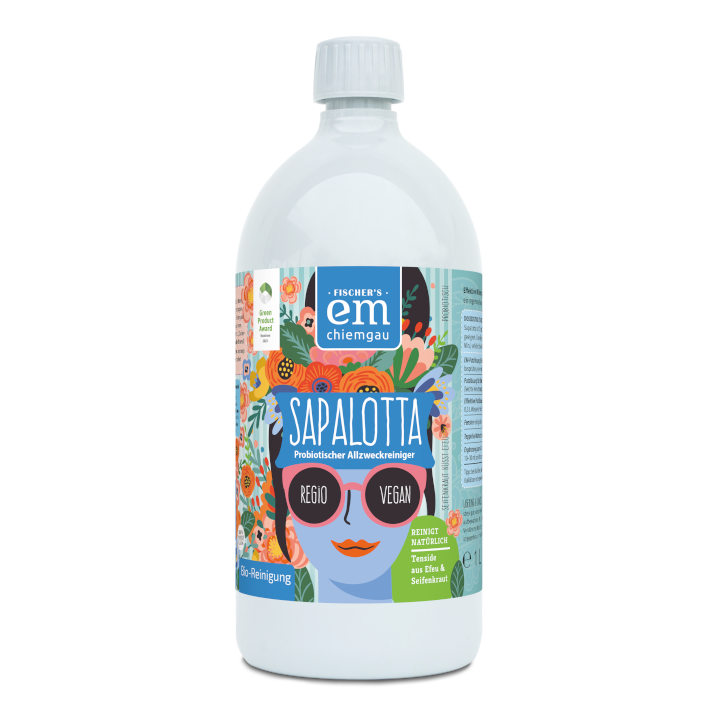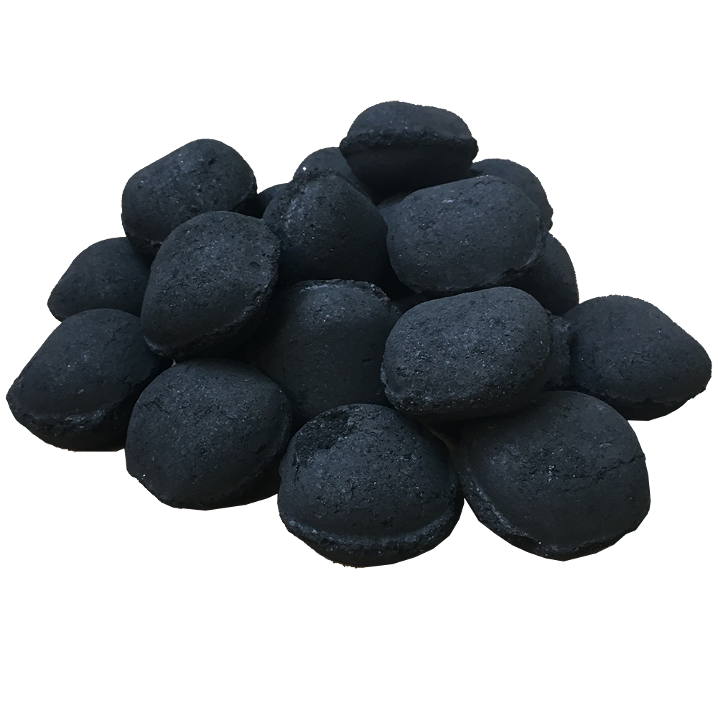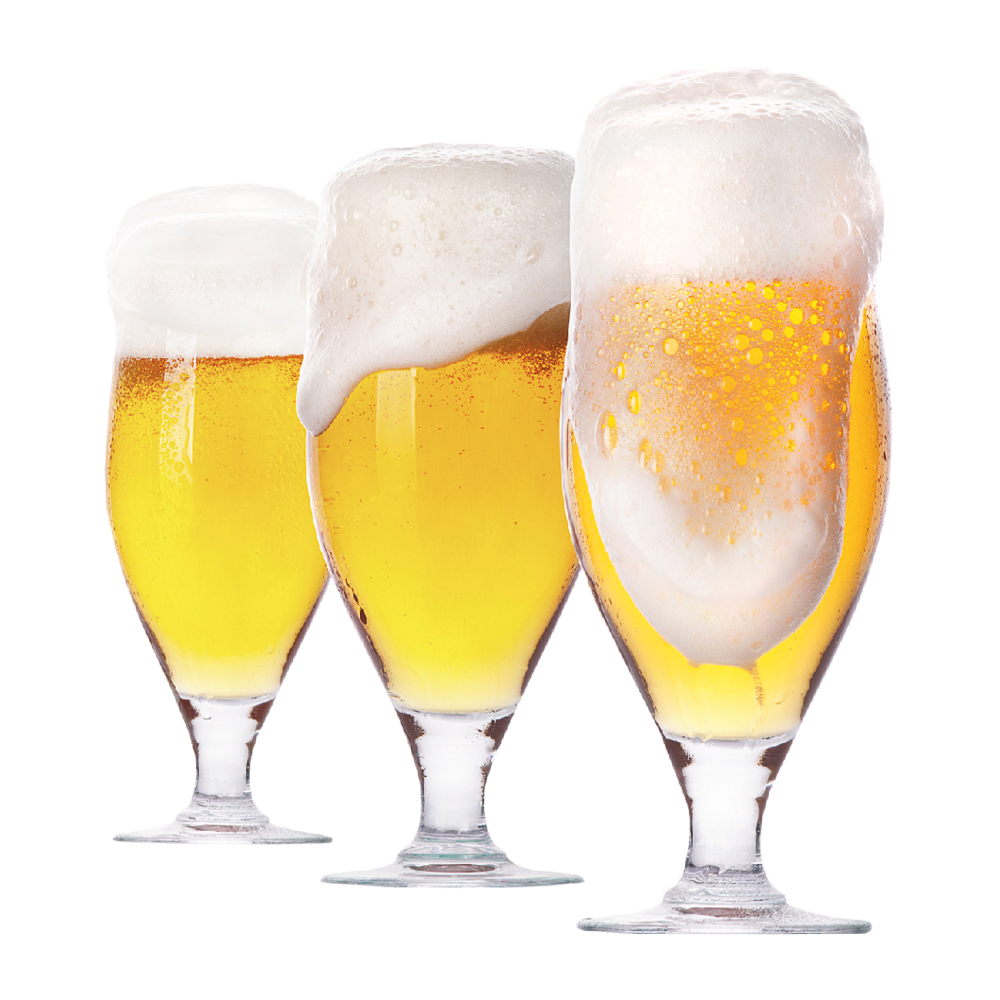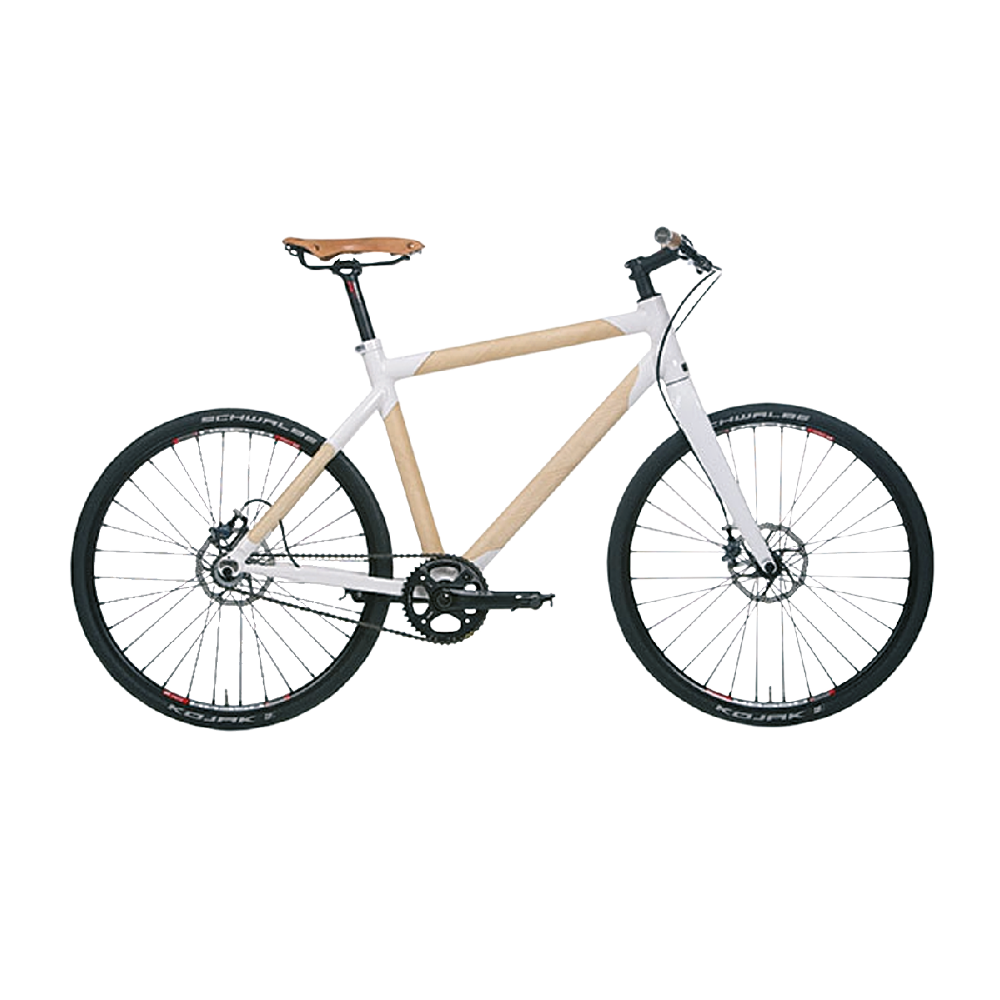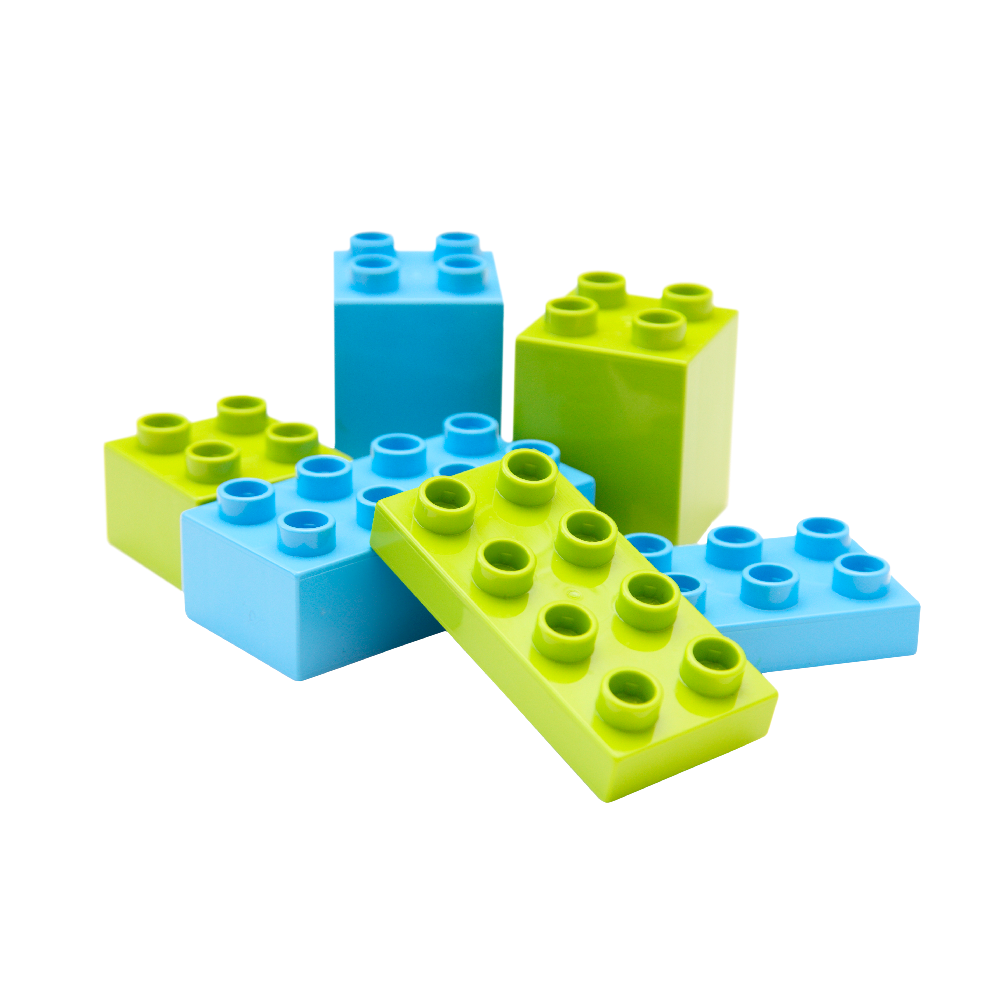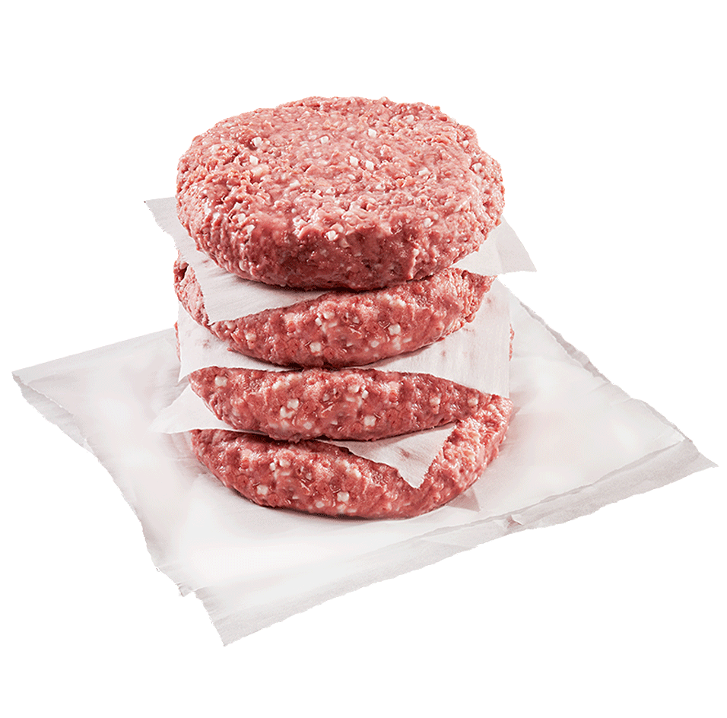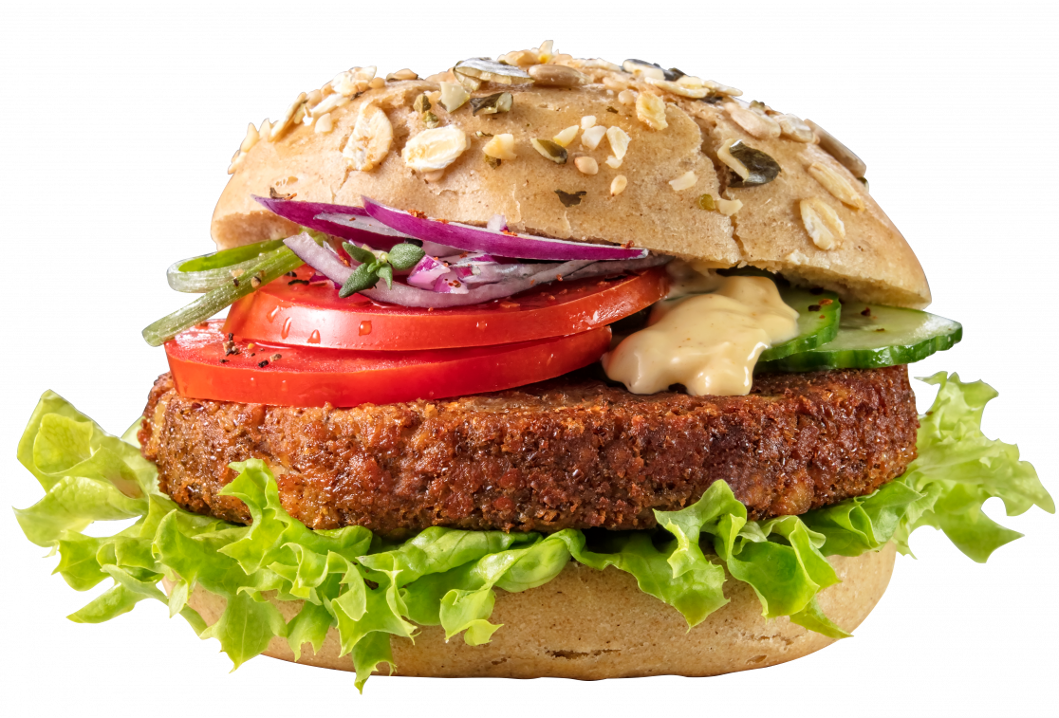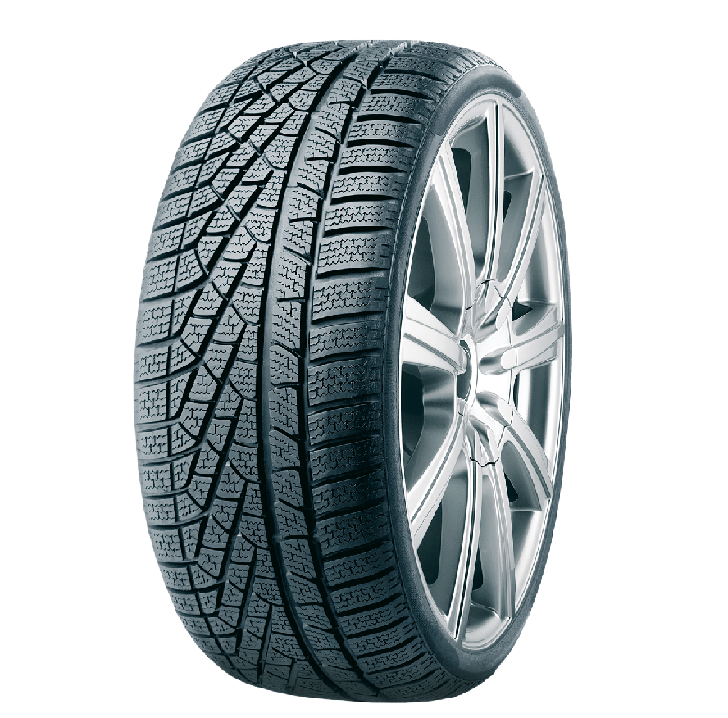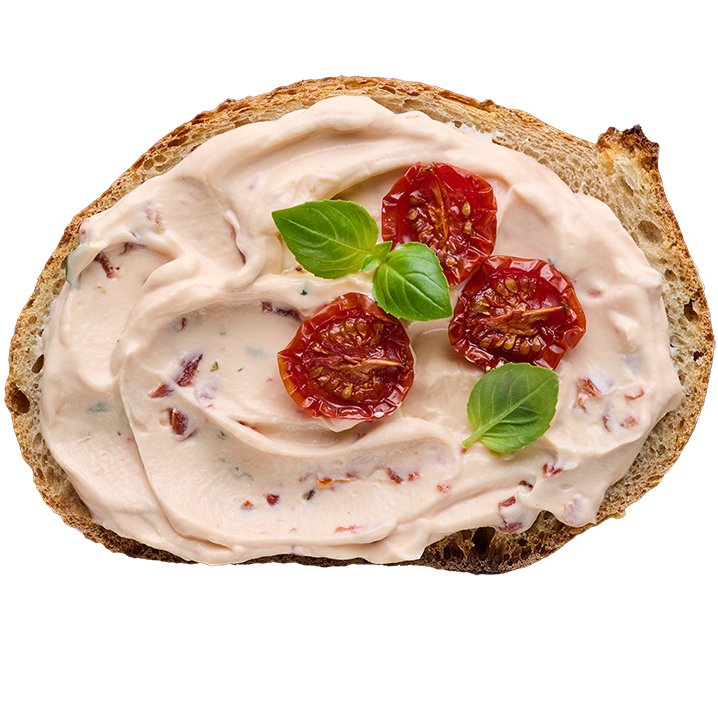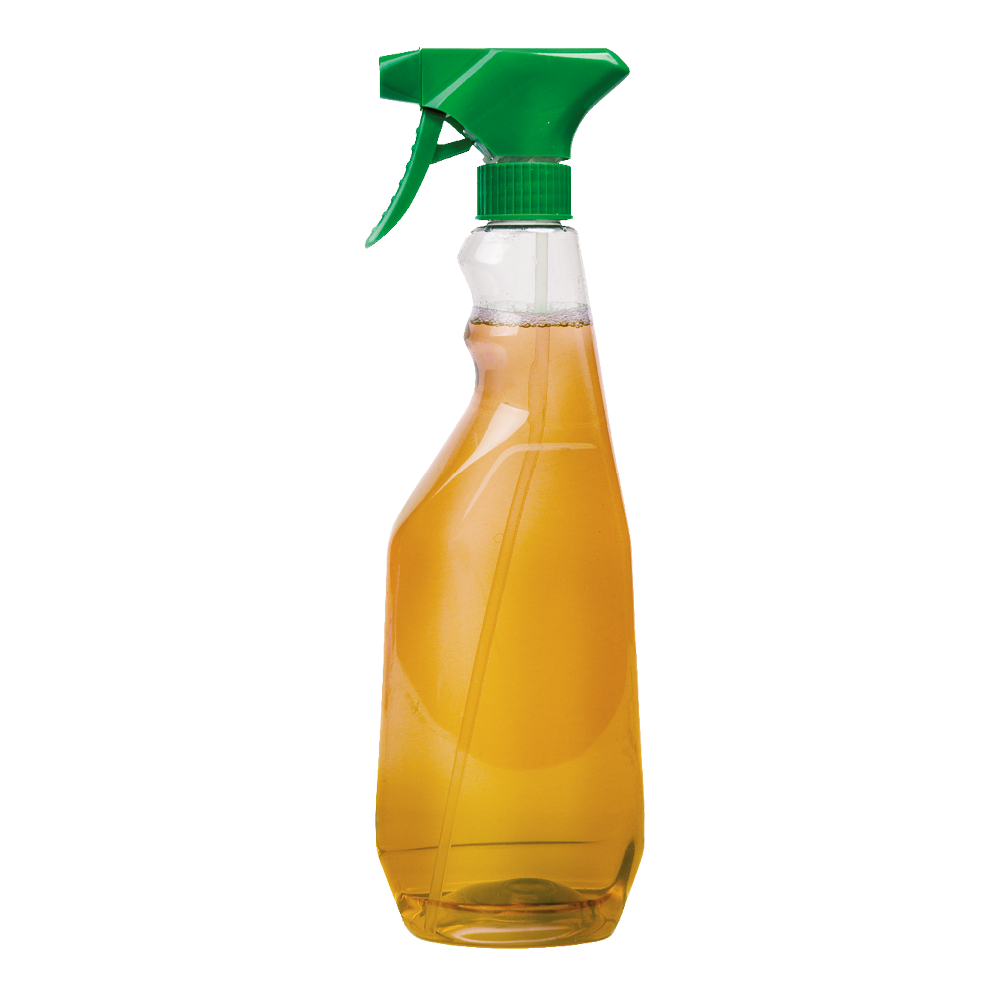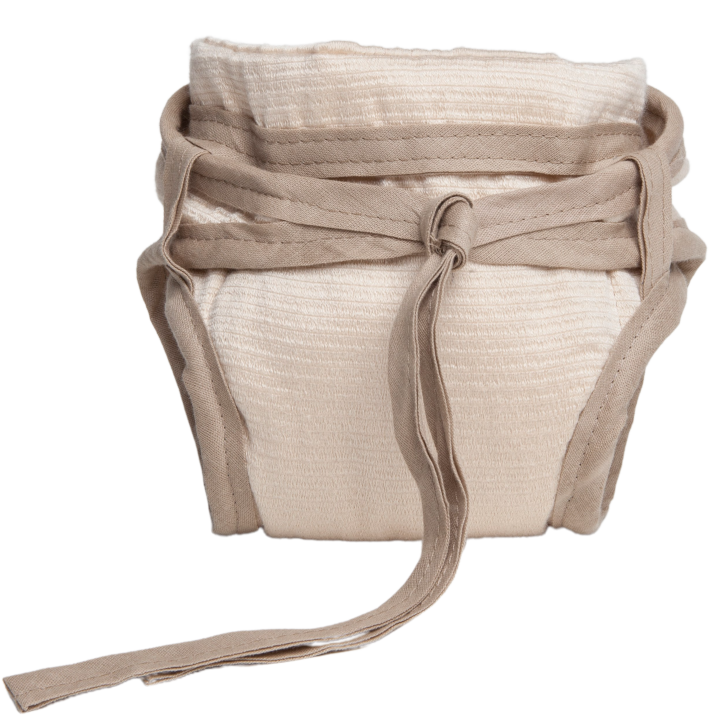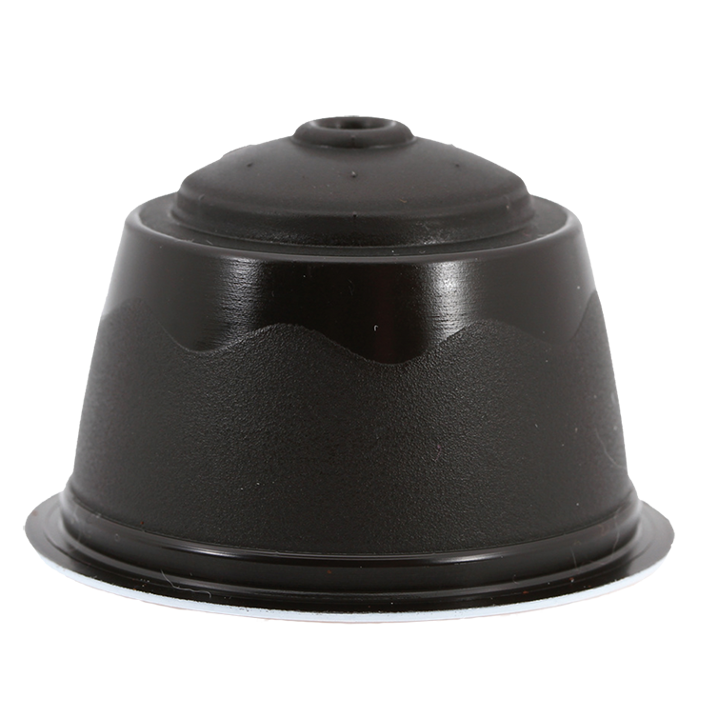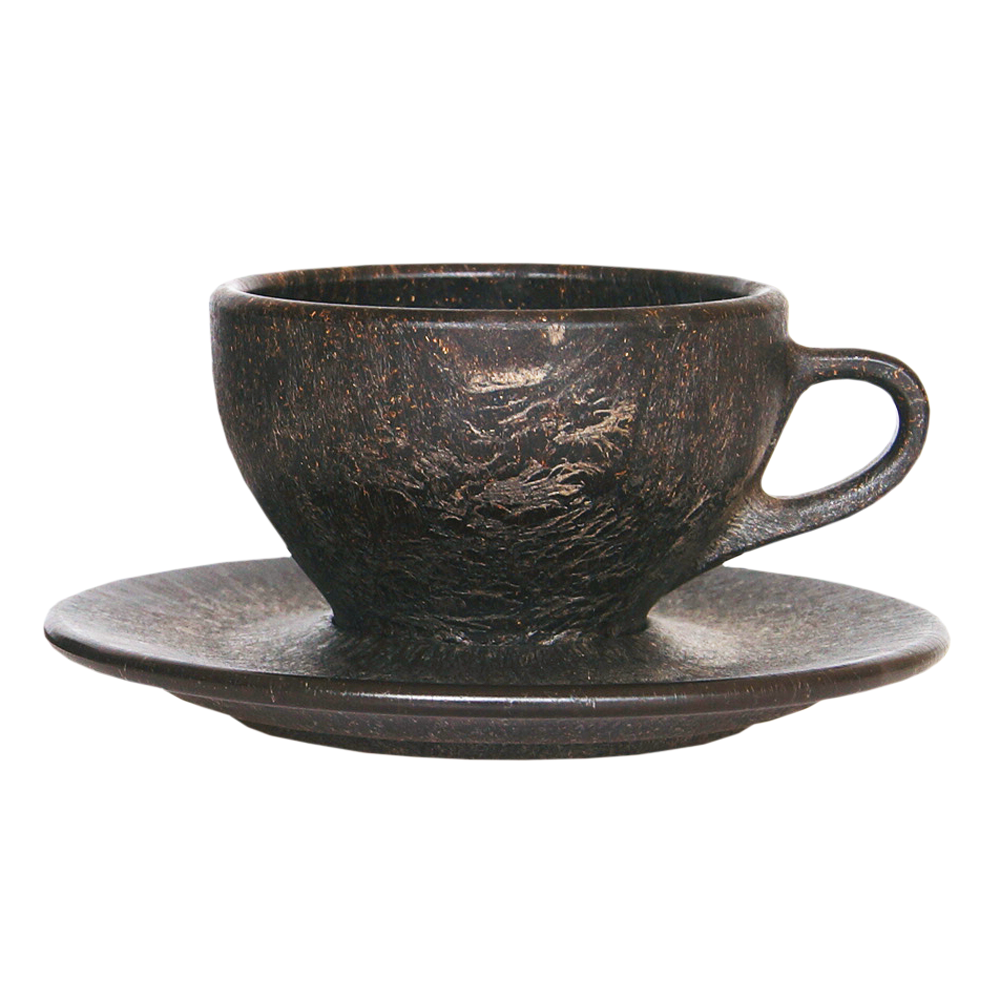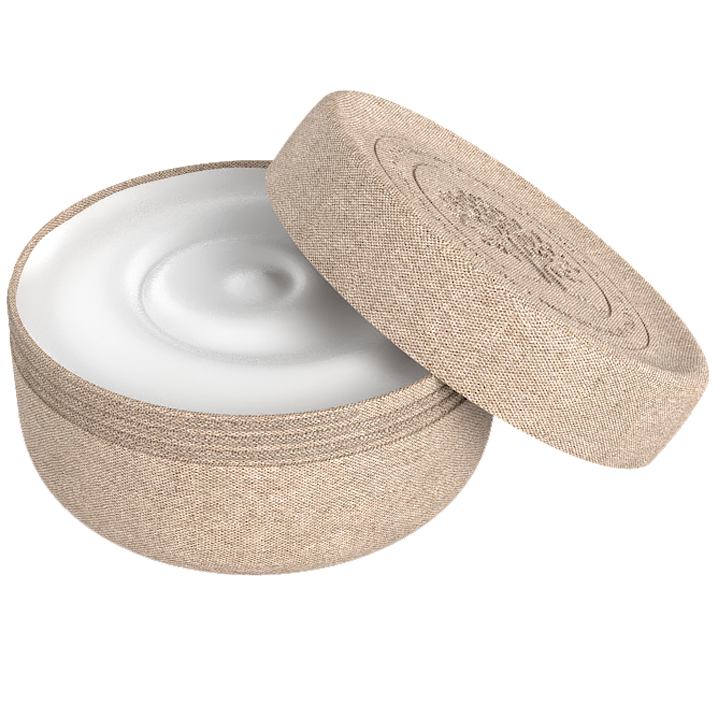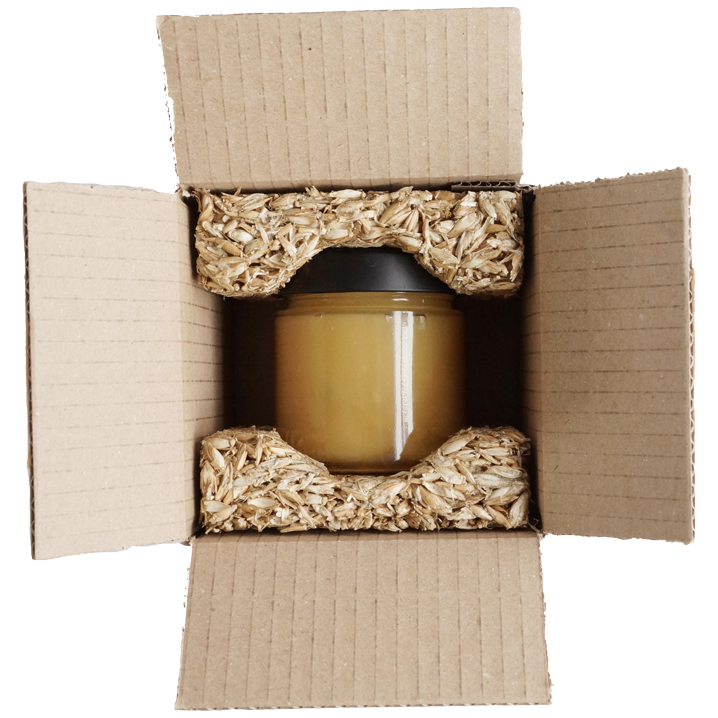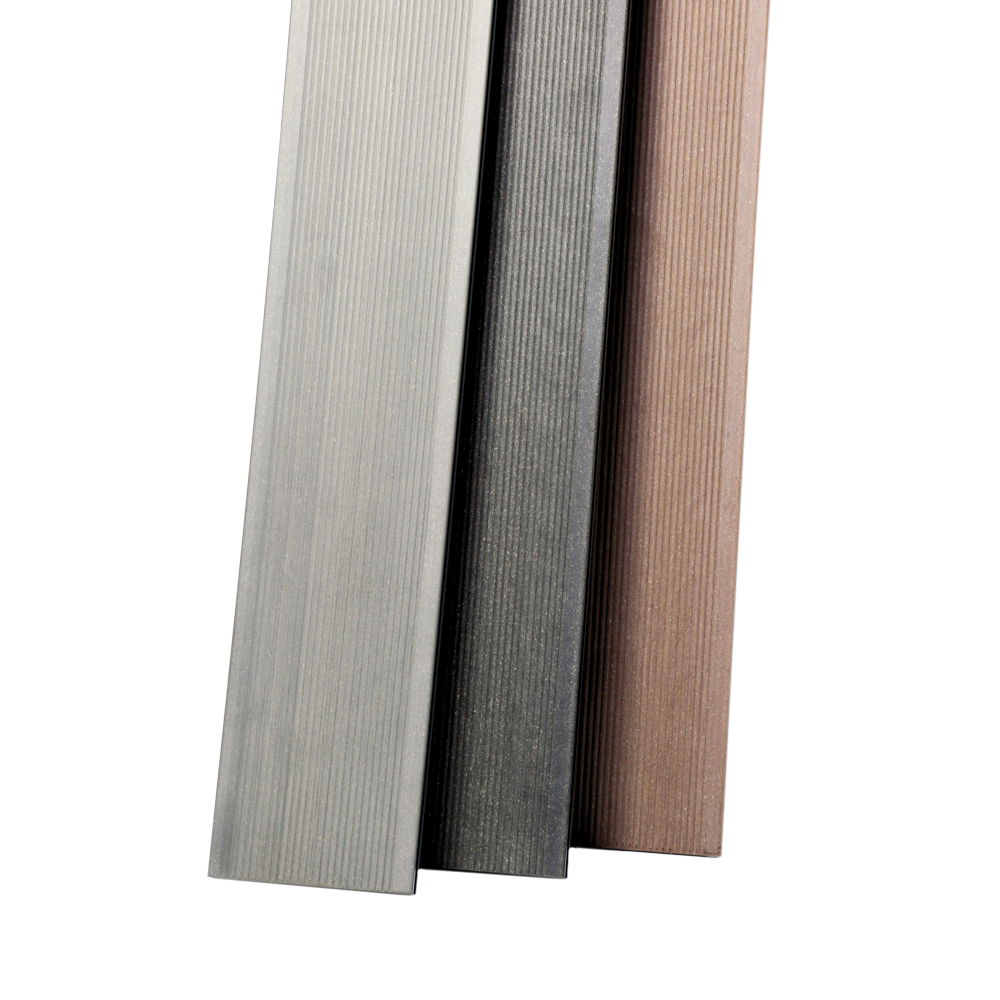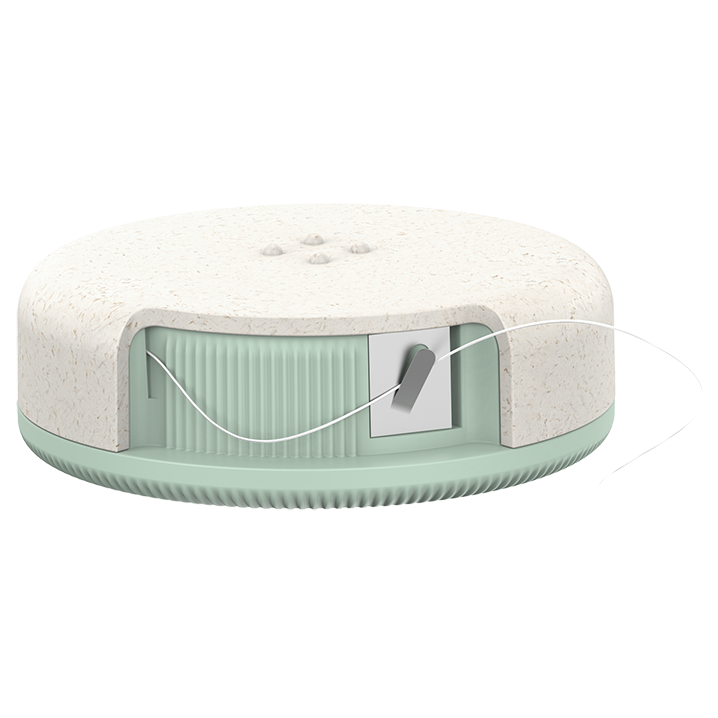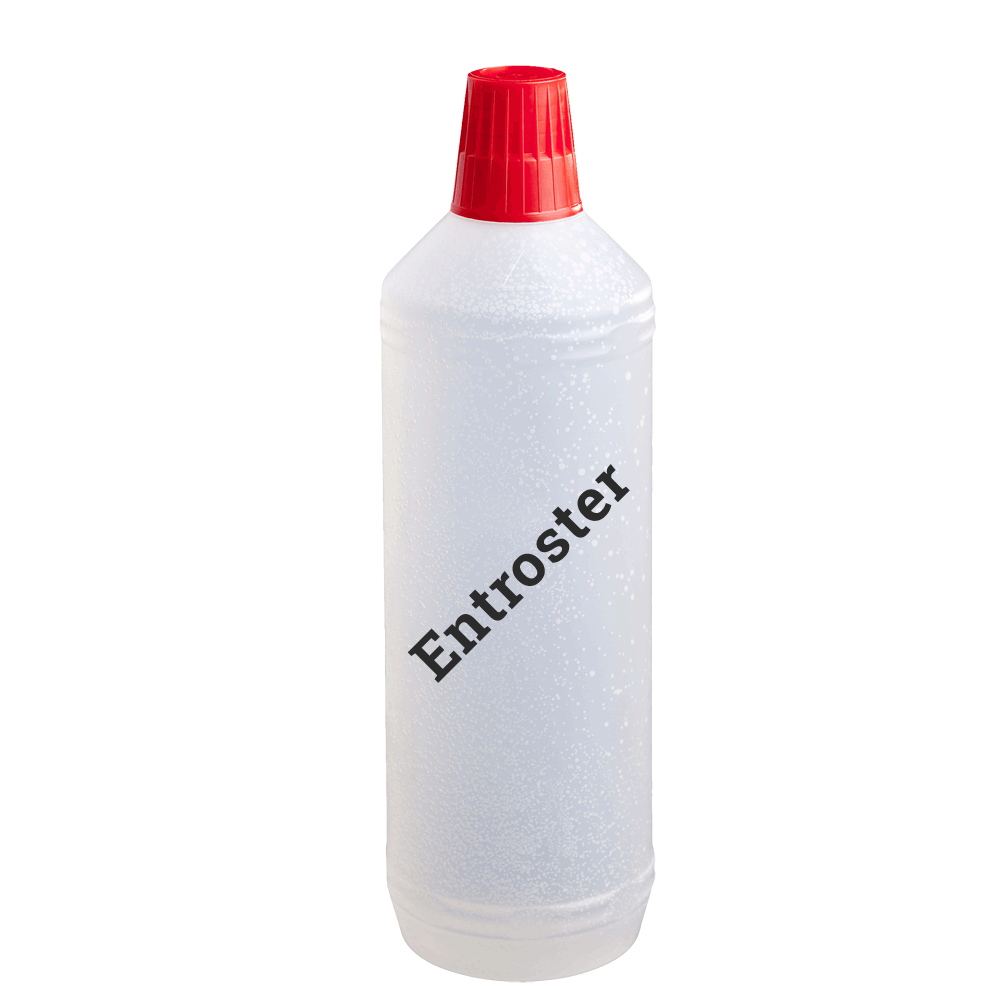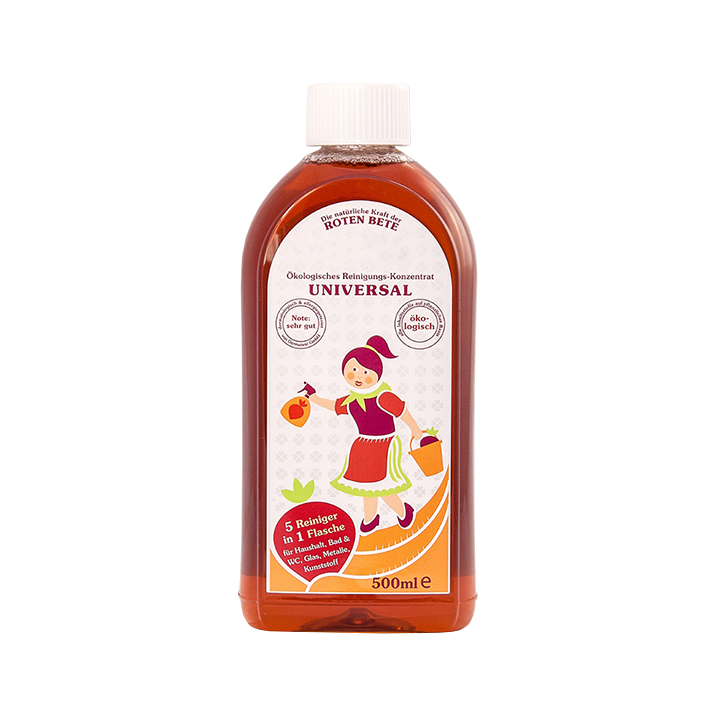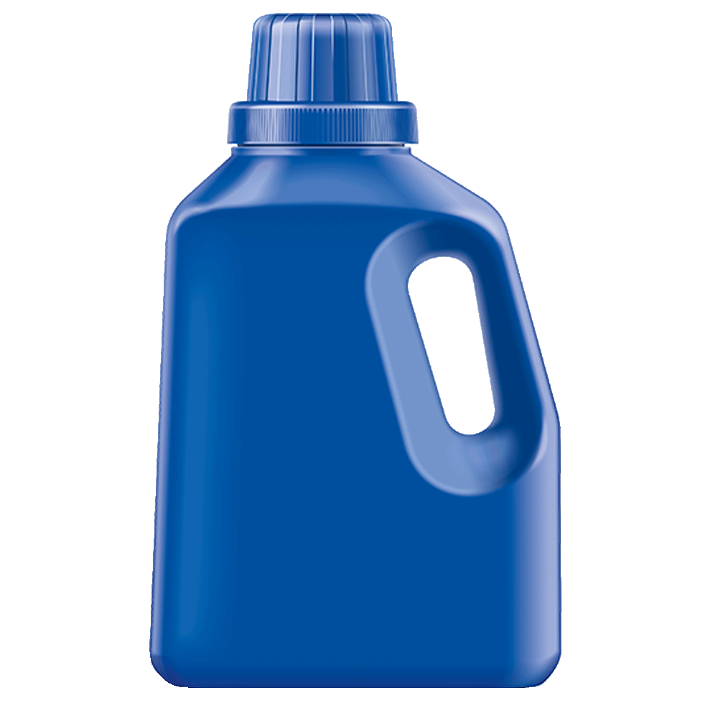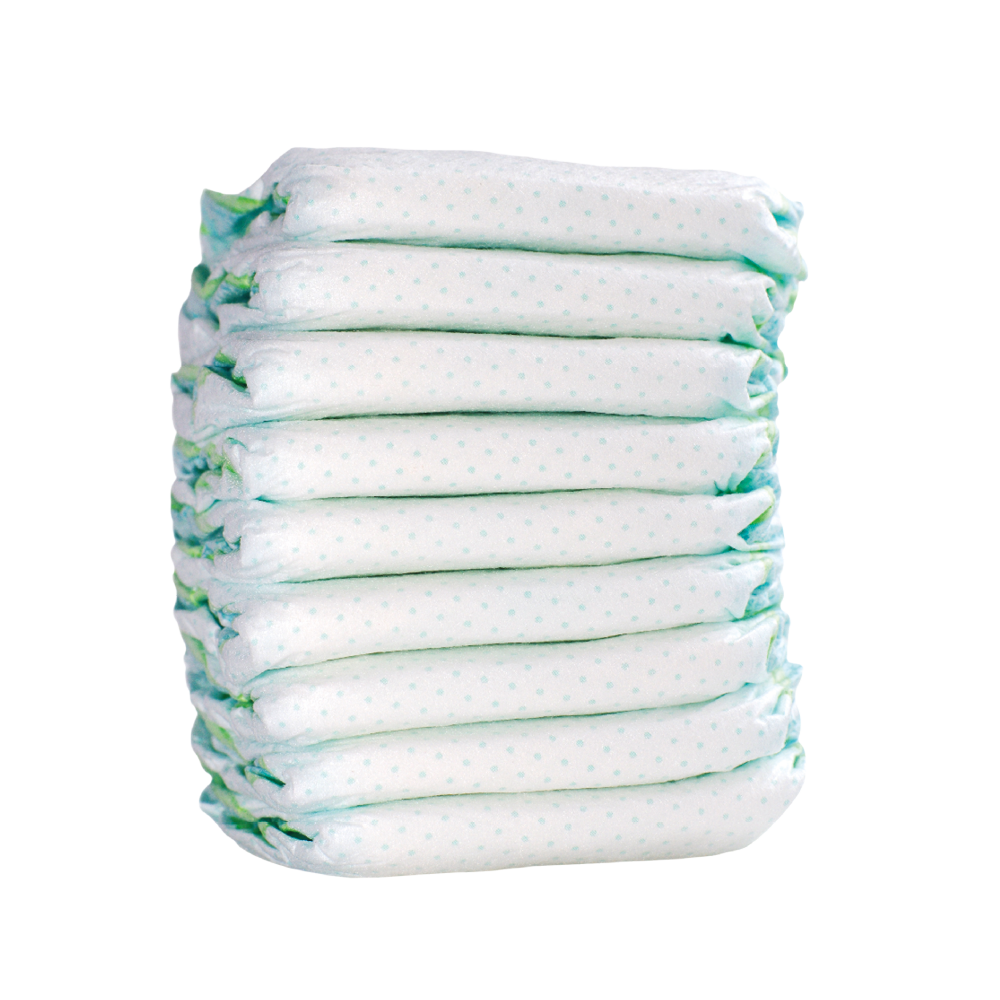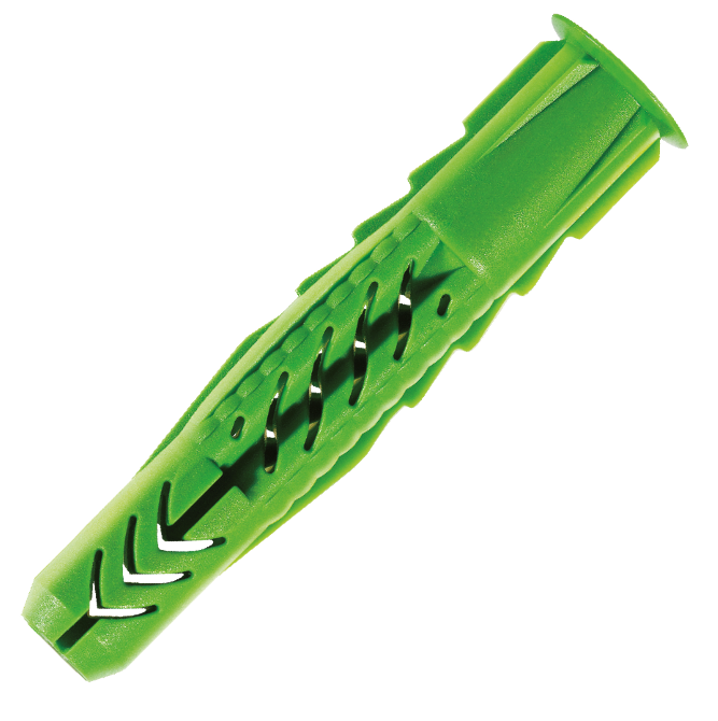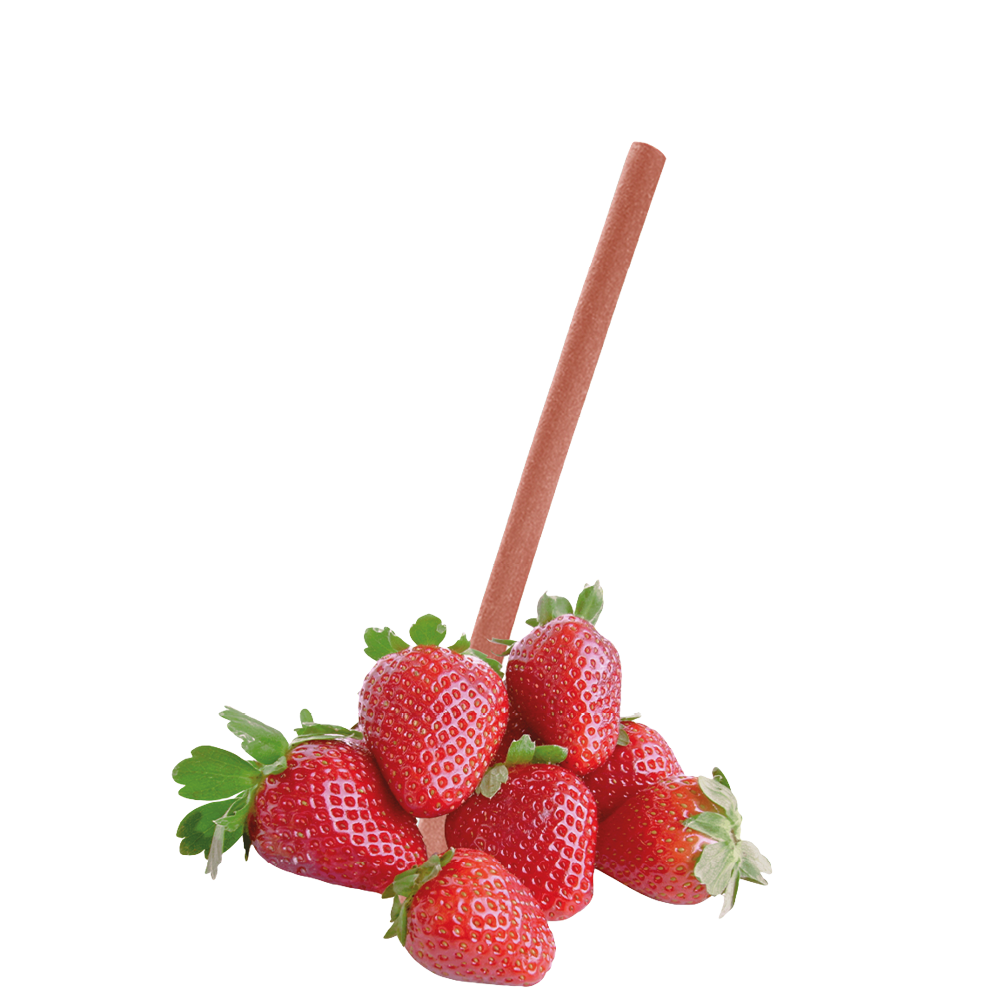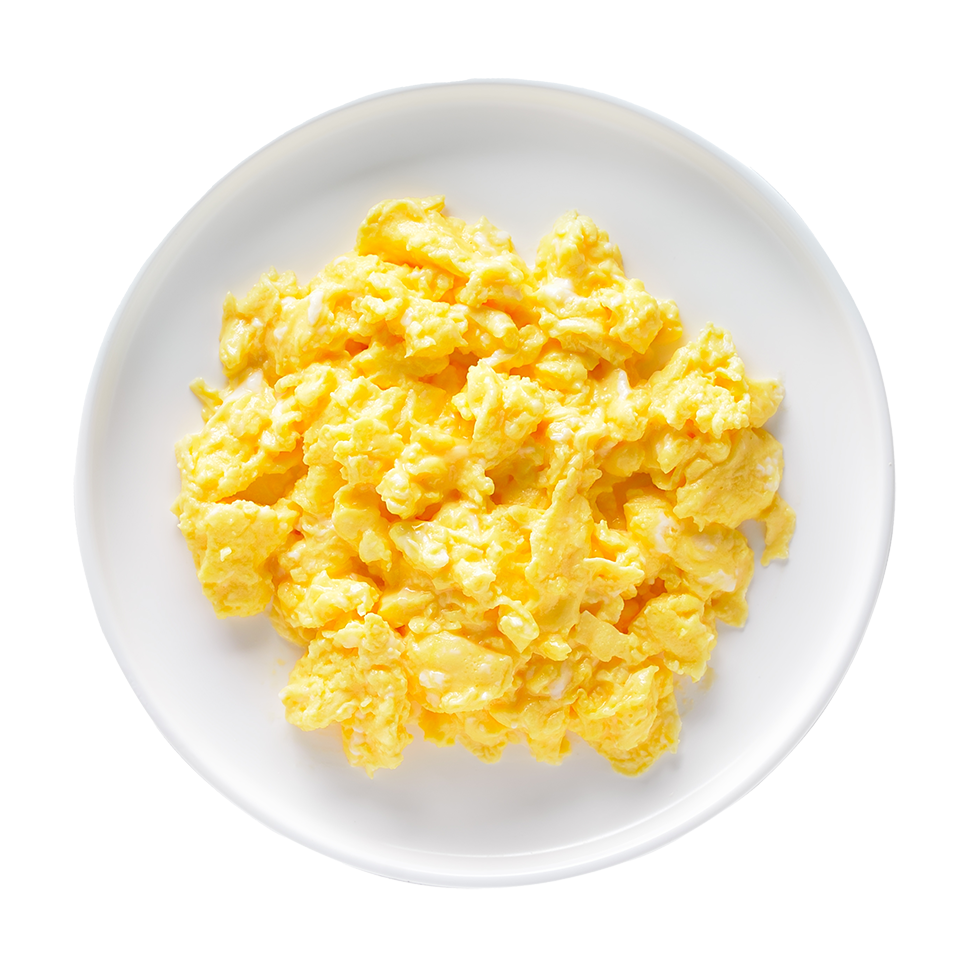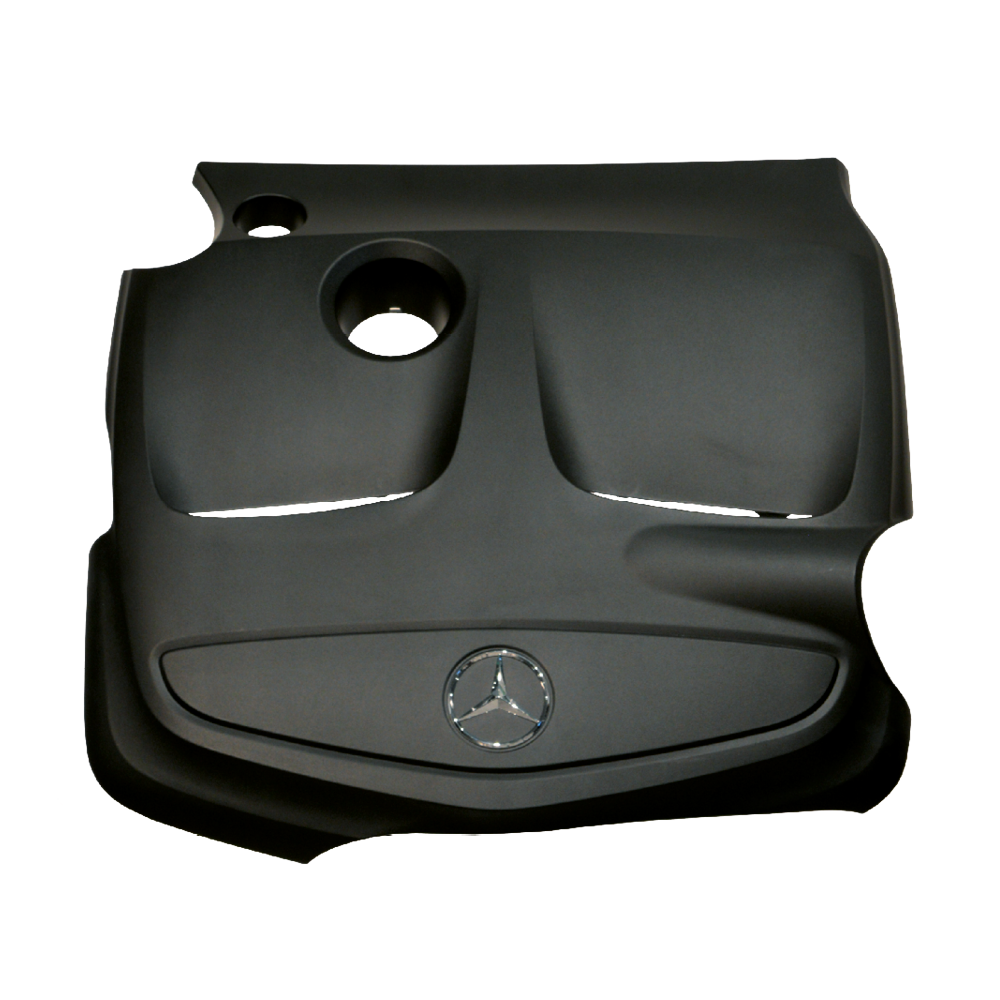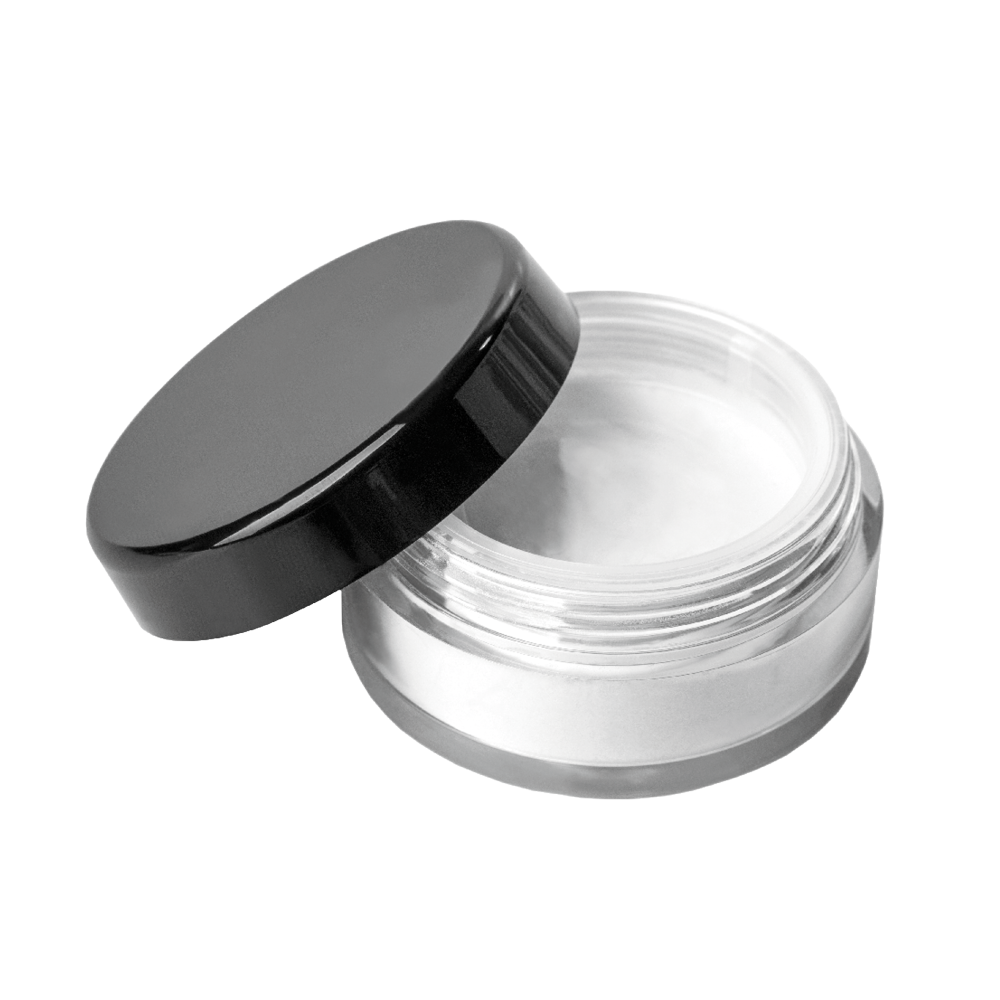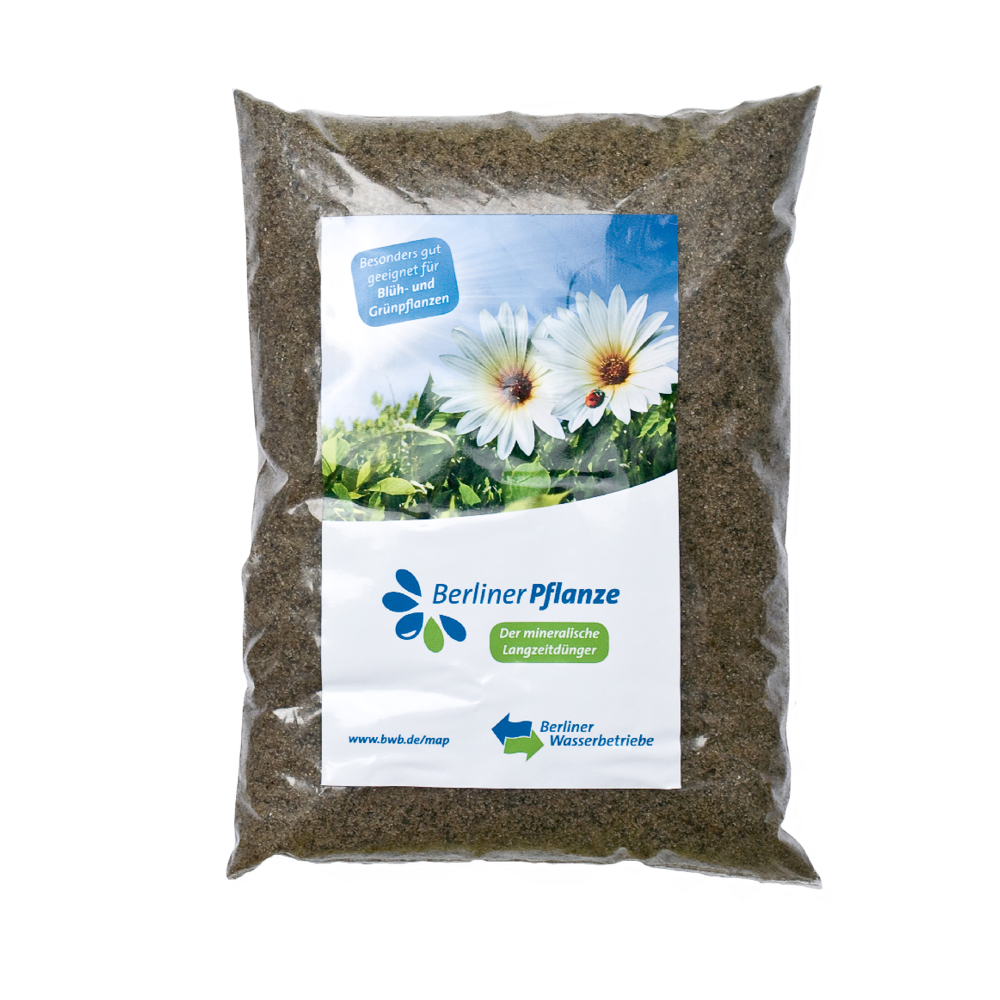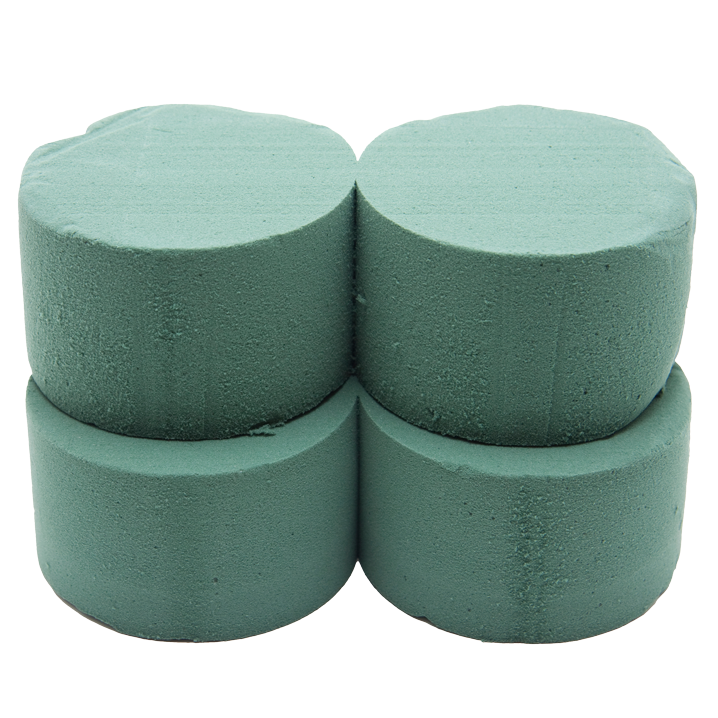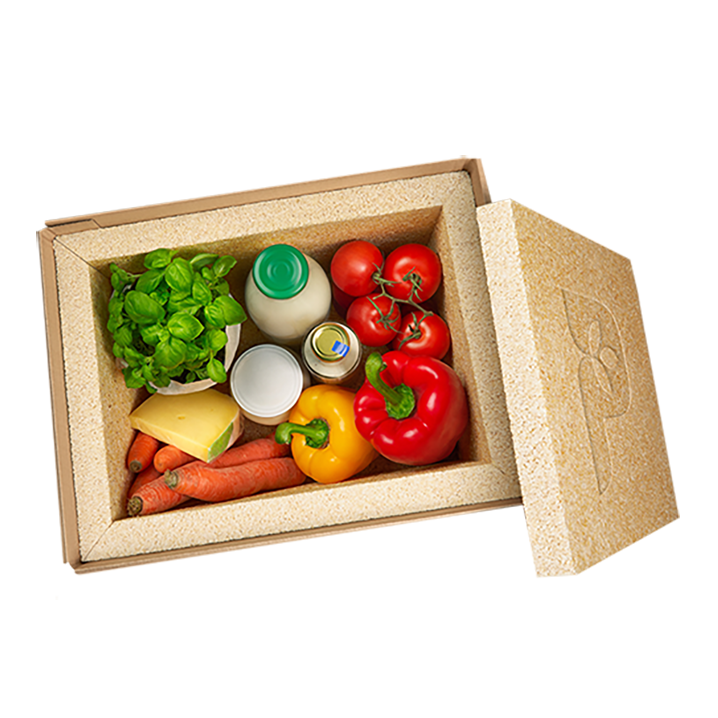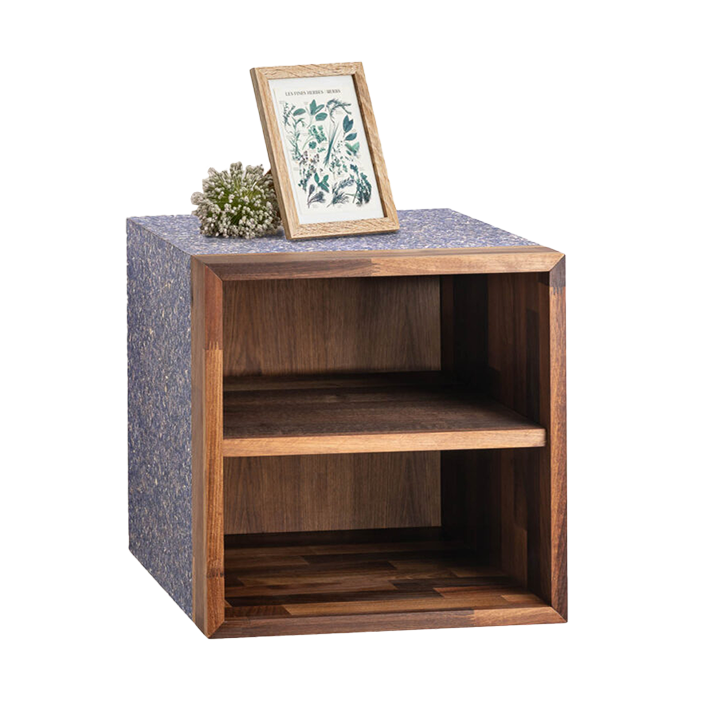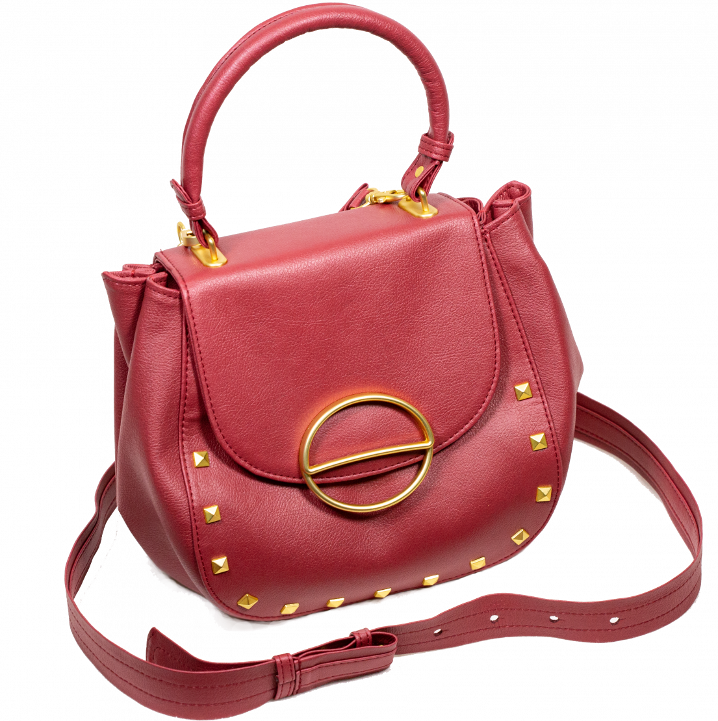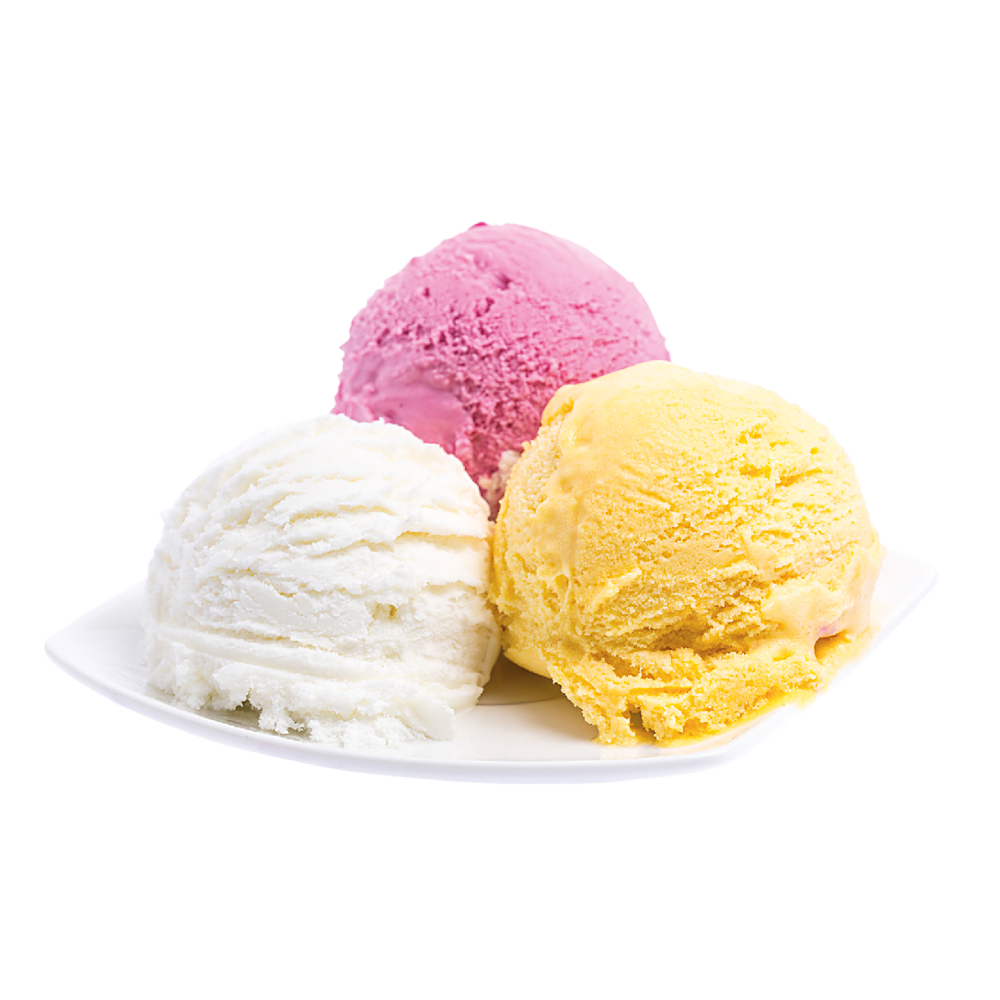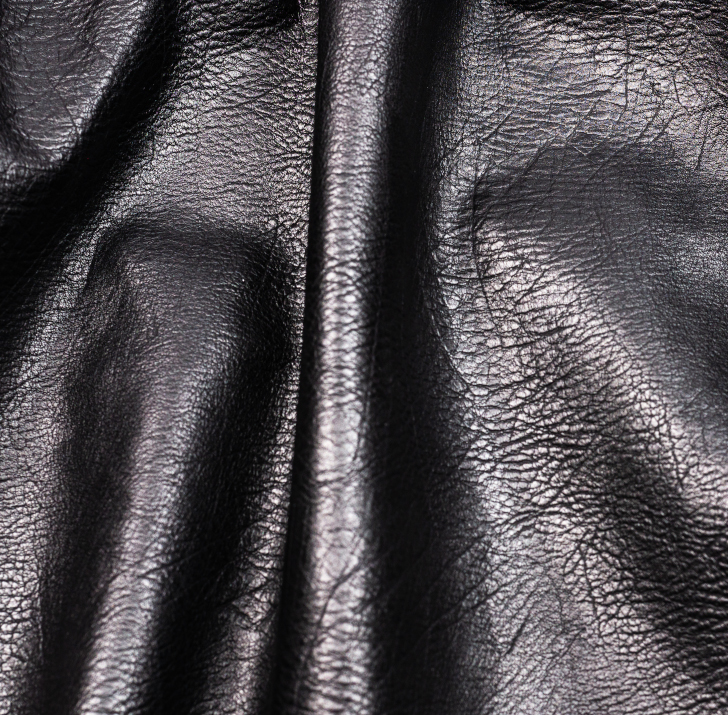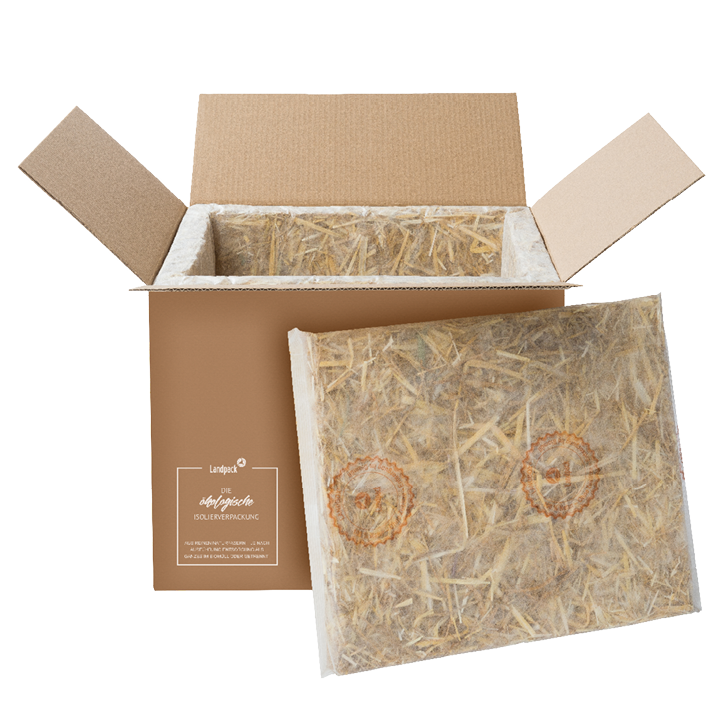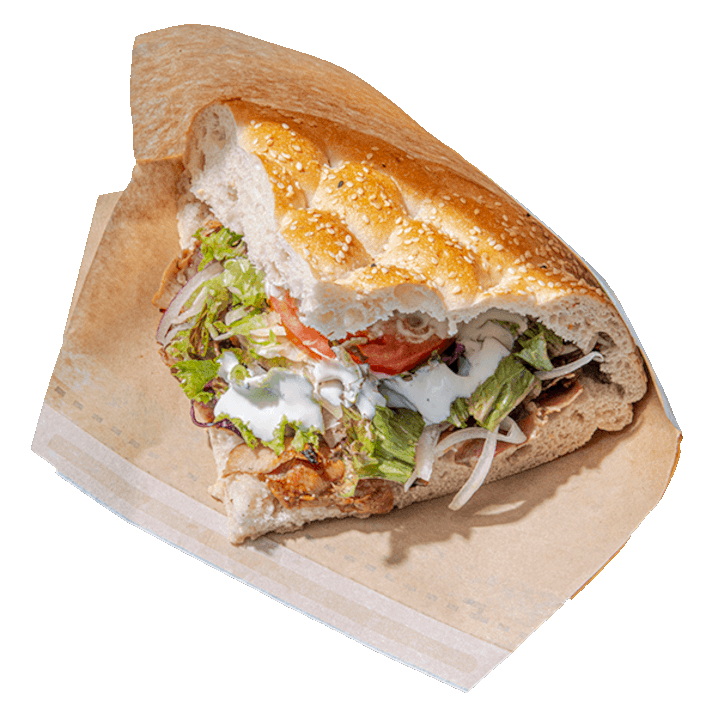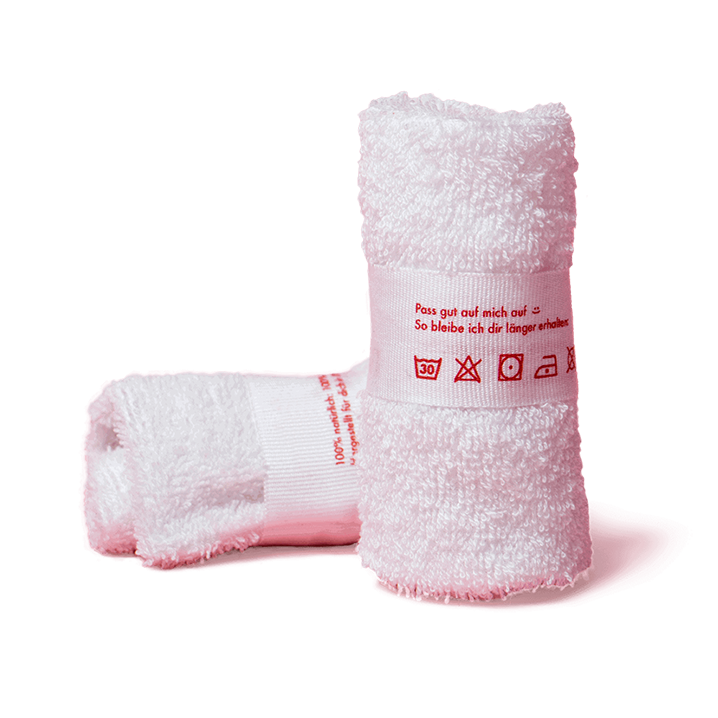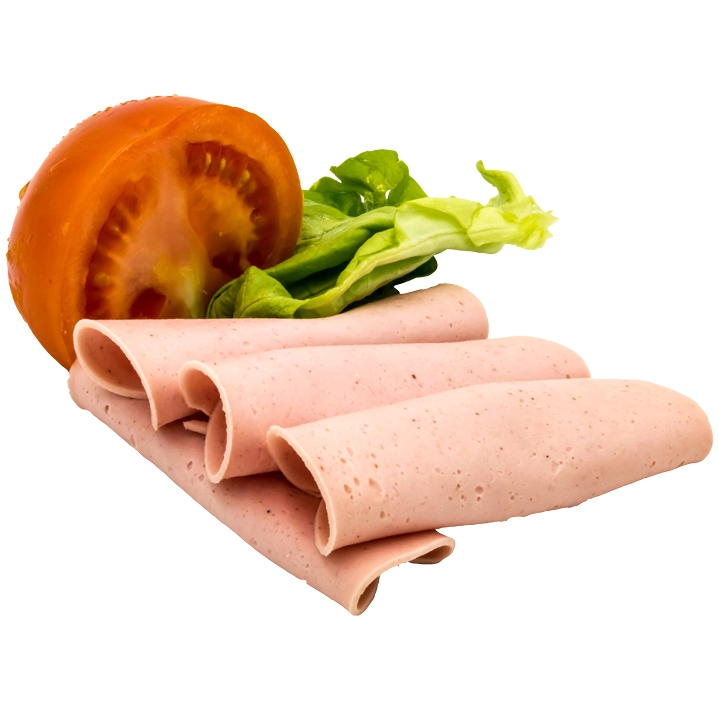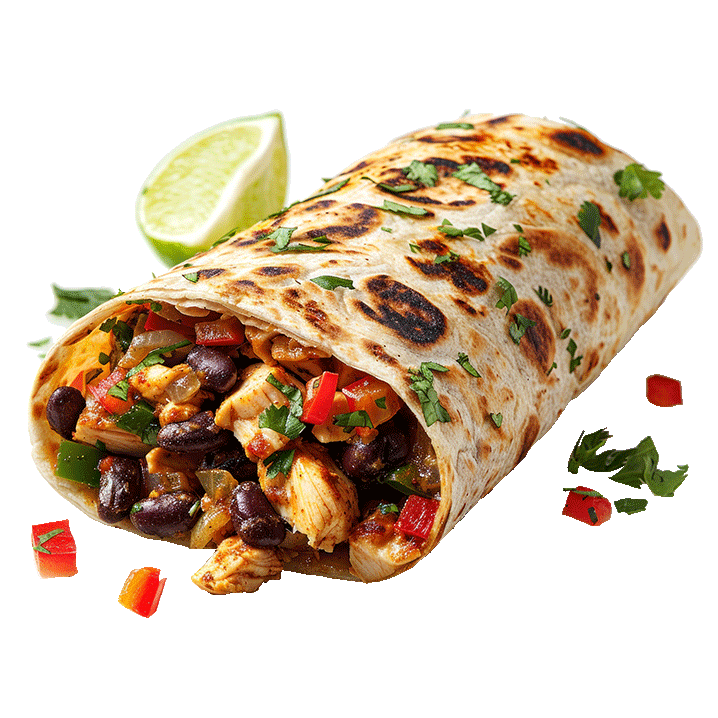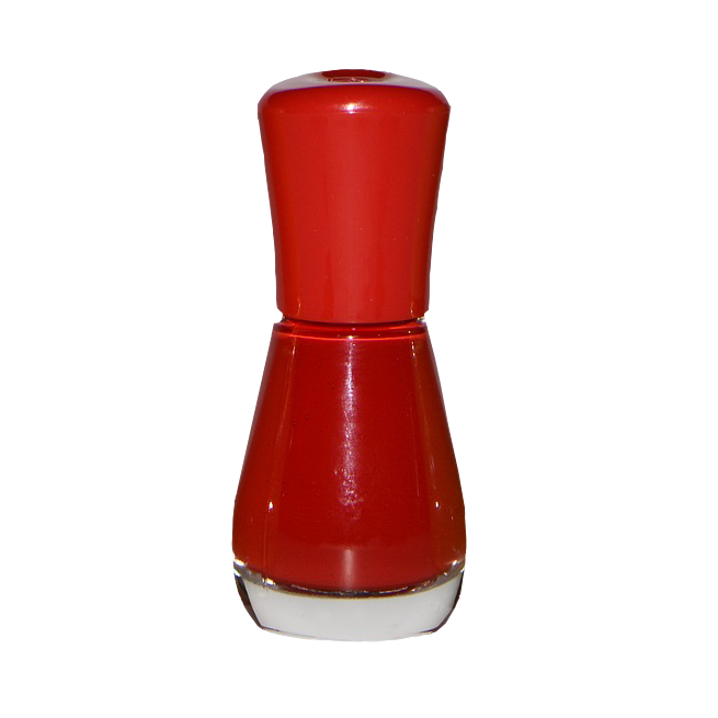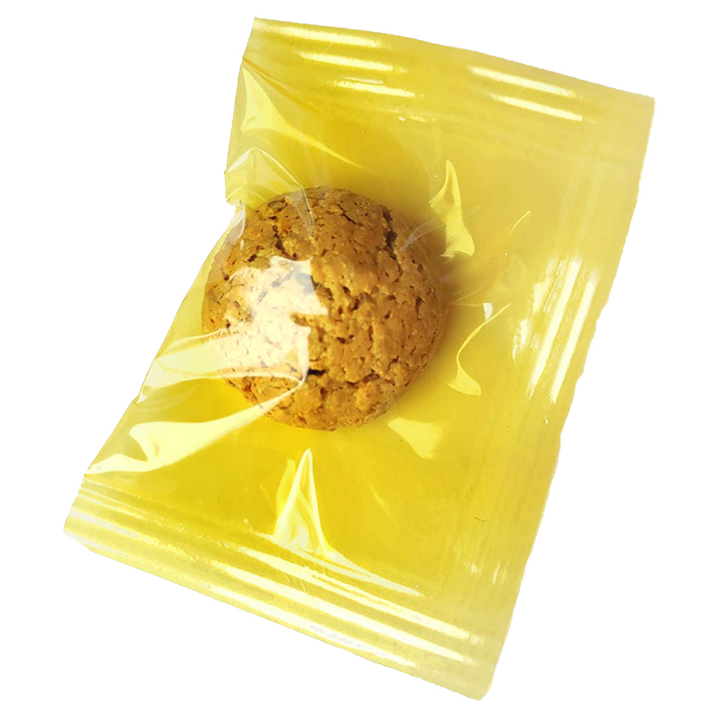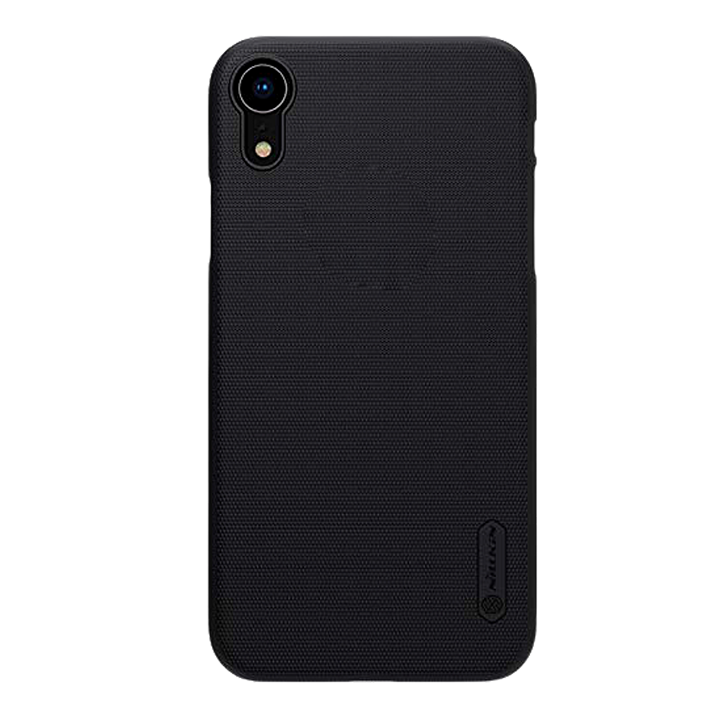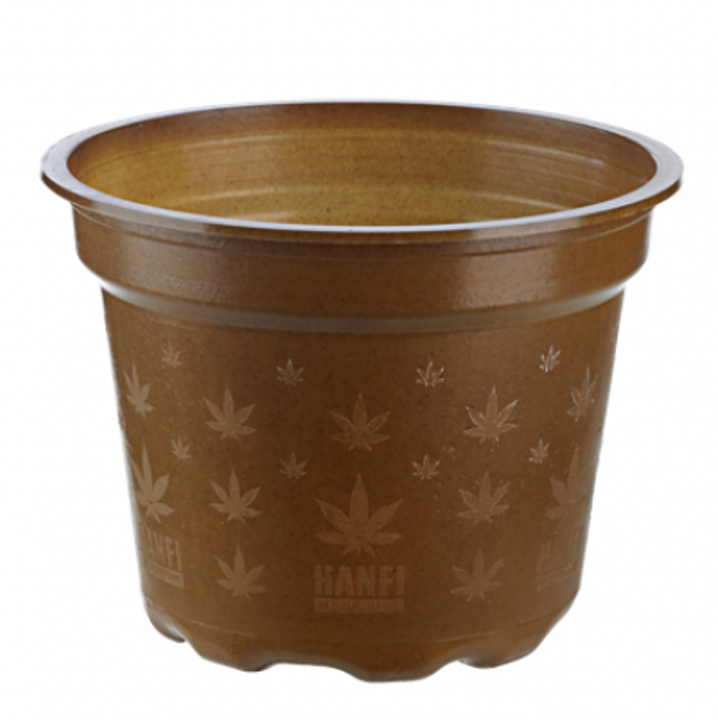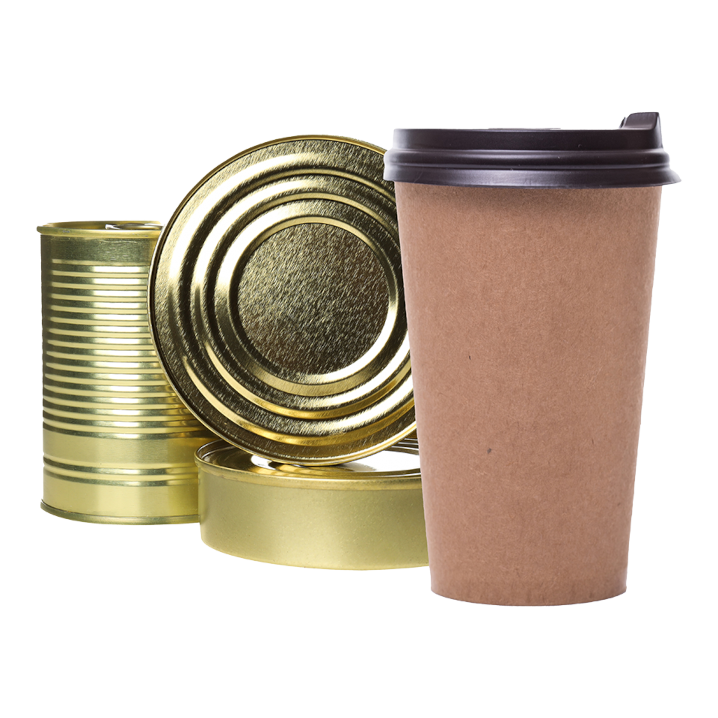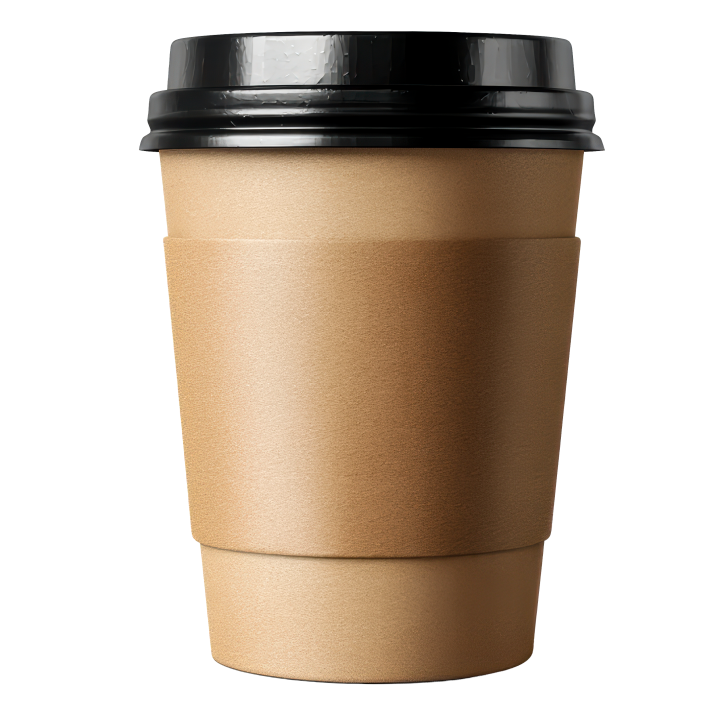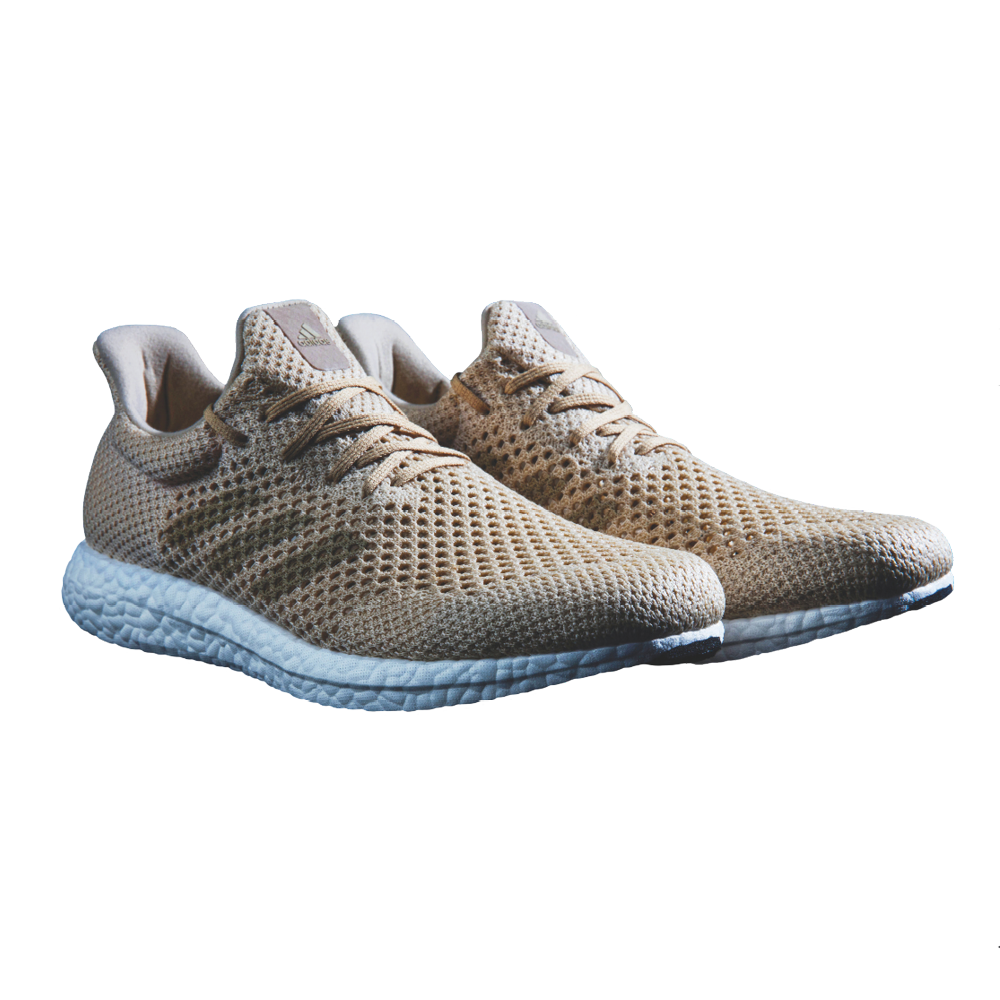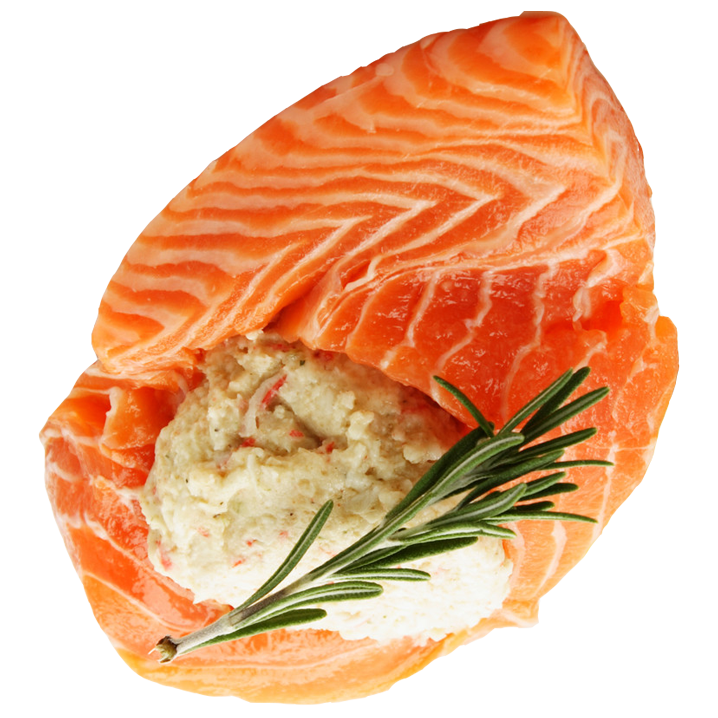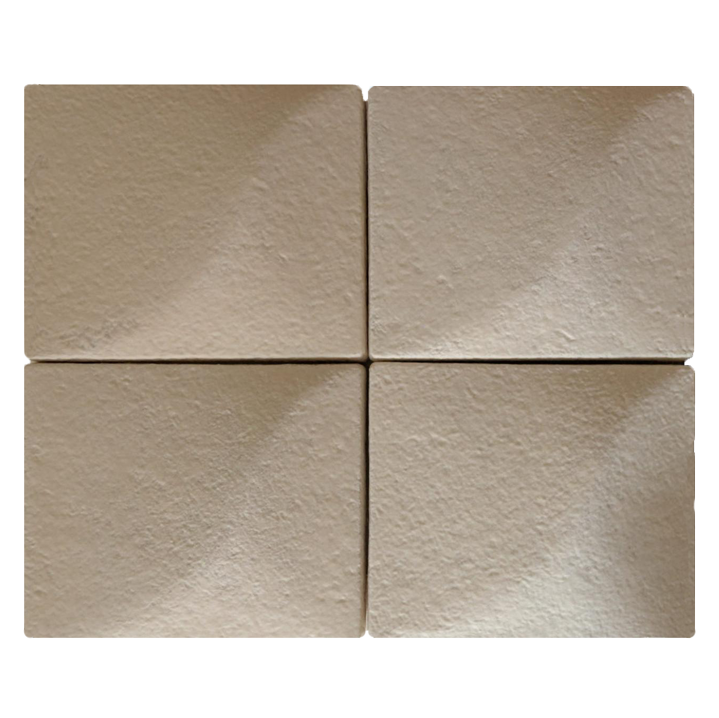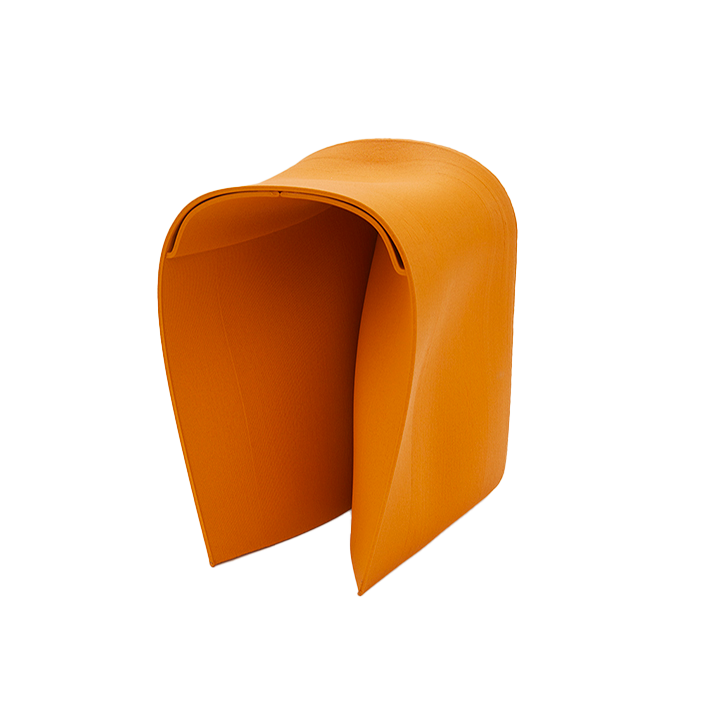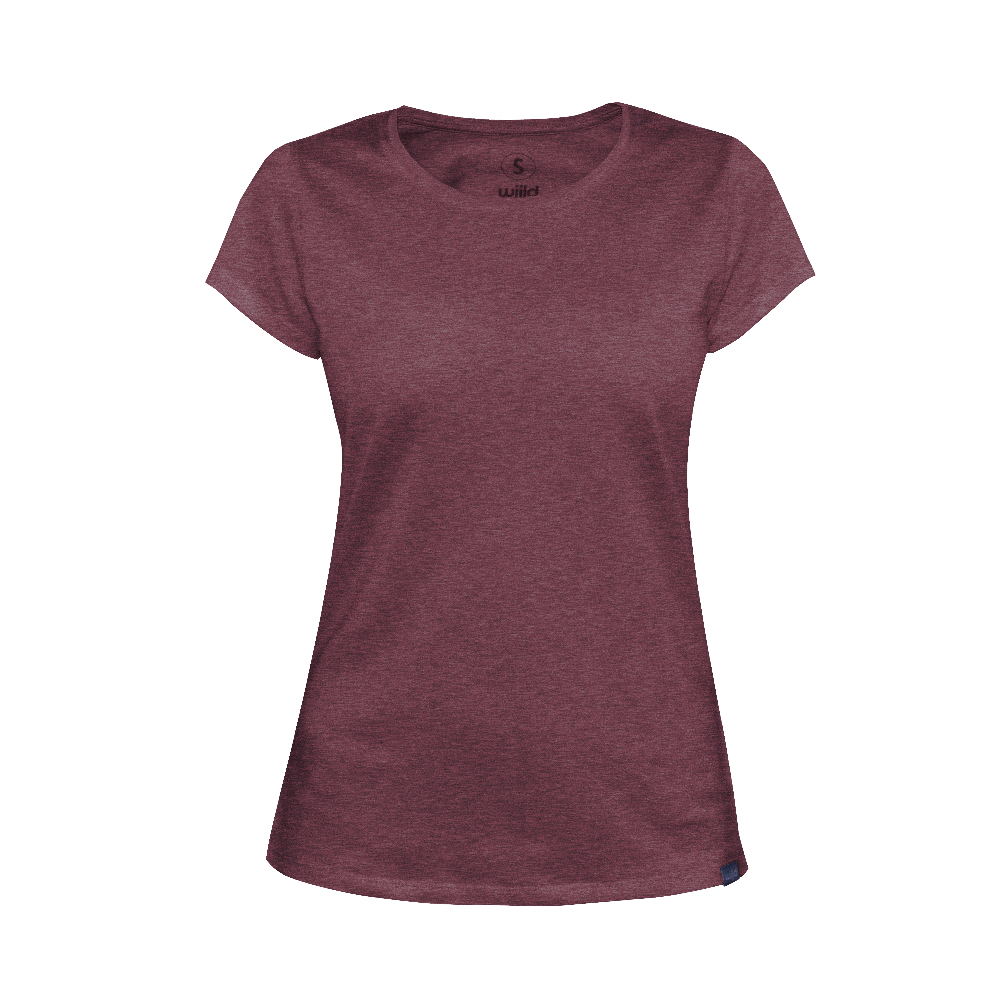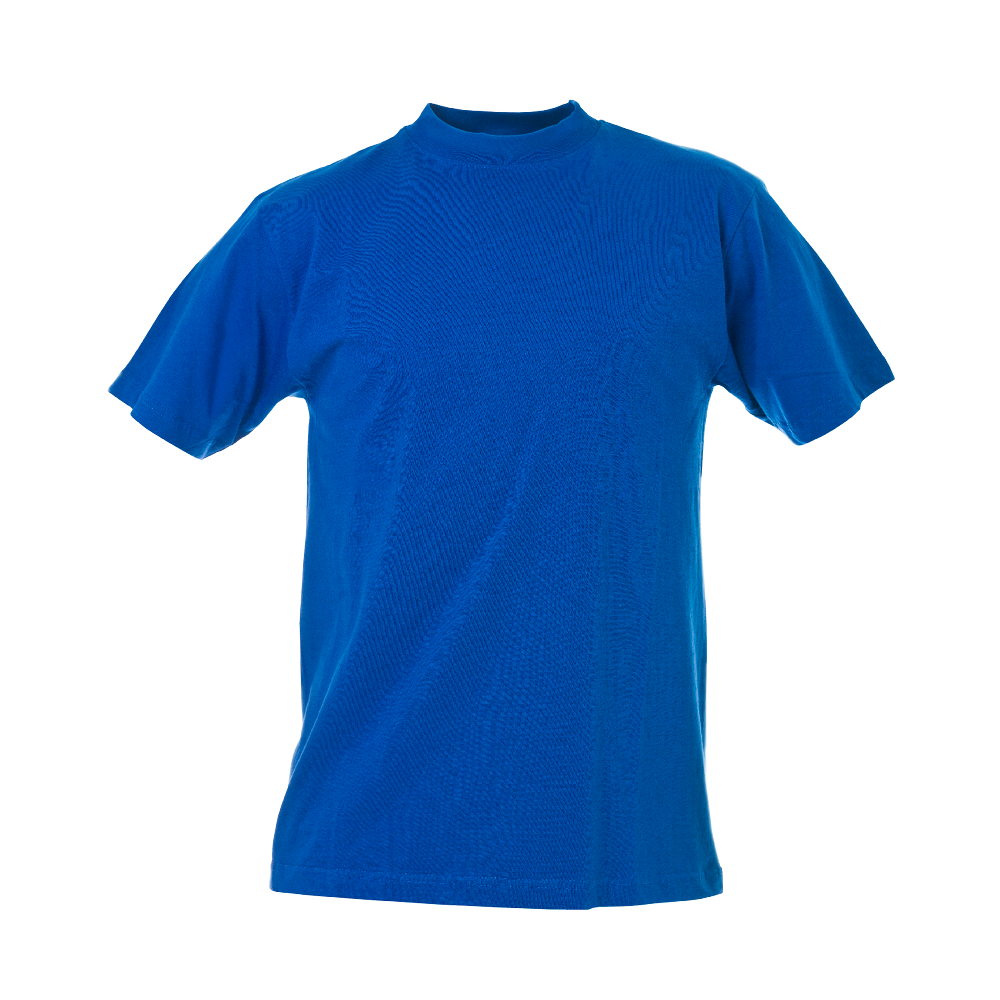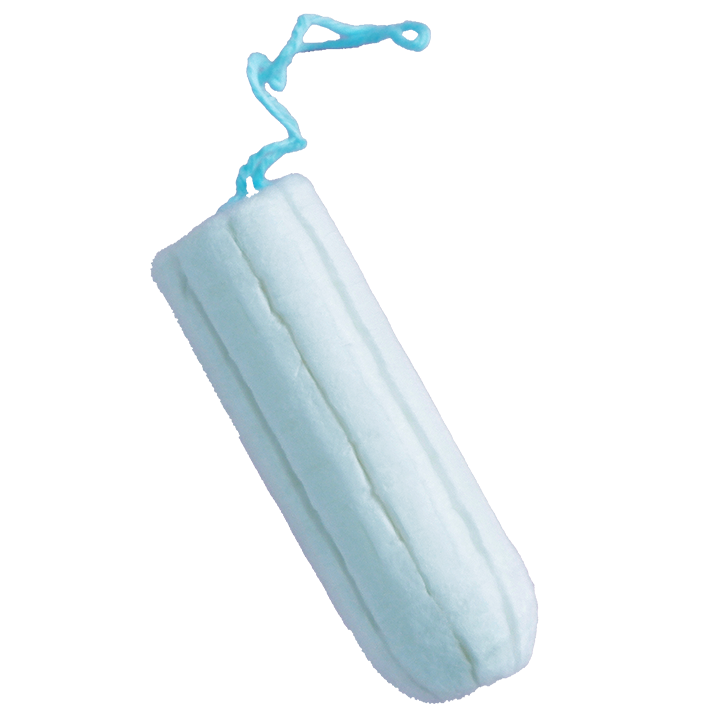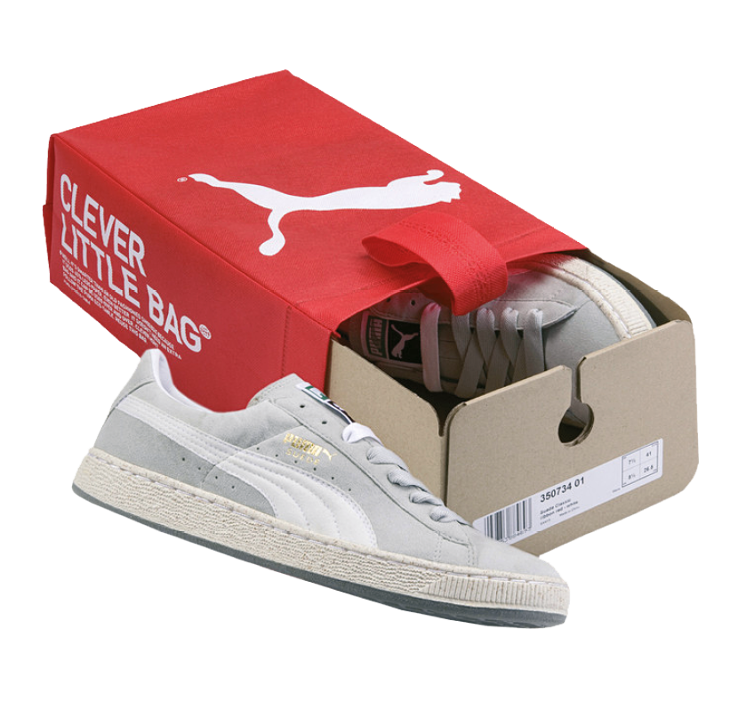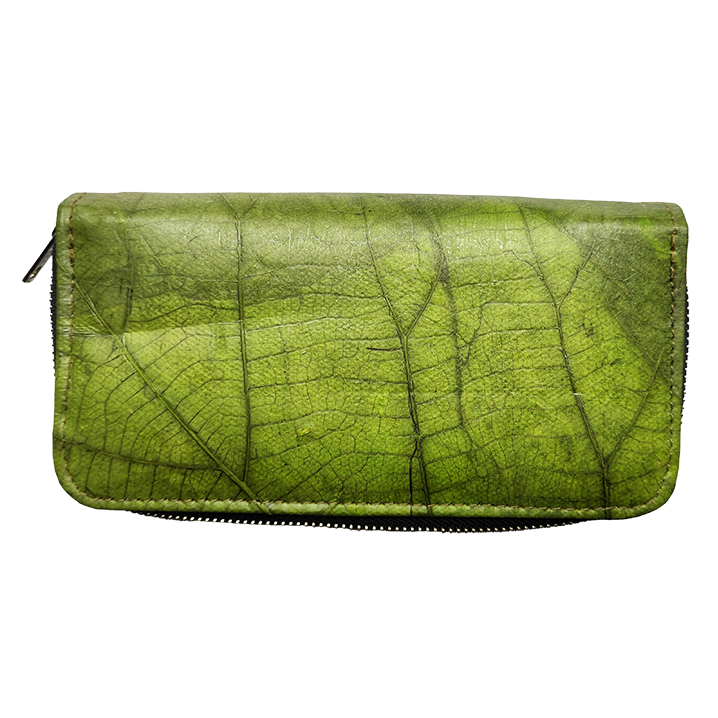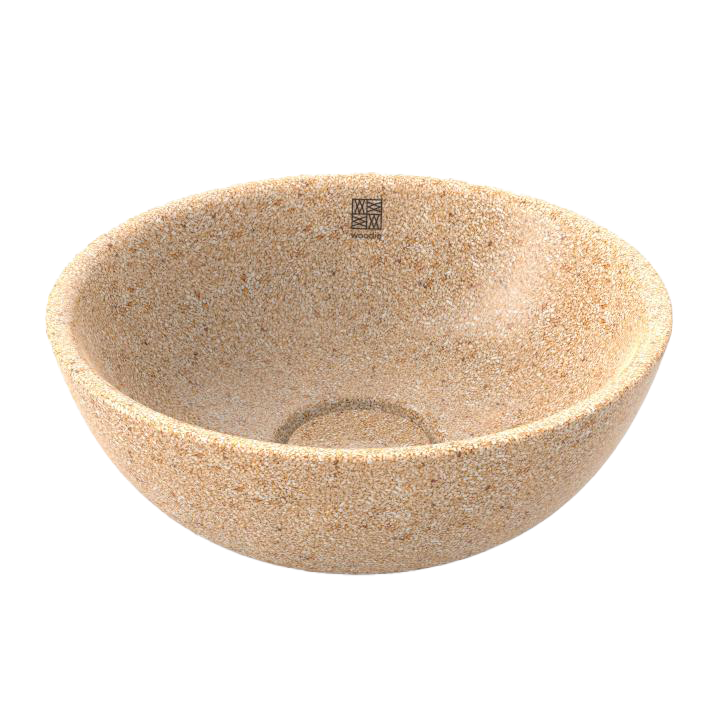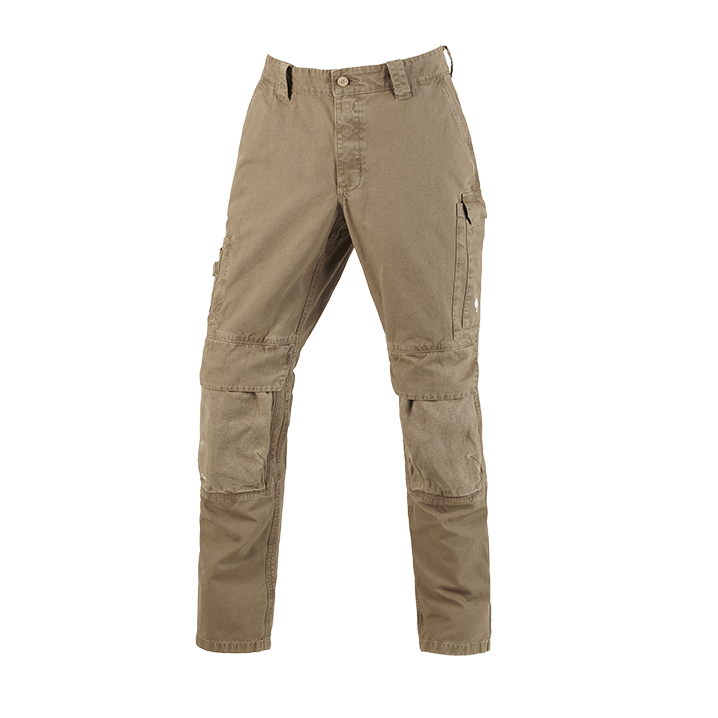Plastic bottles
Some consumer goods manufactures are increasingly trying to replace conventional plastics with biobased plastic. By doing this, the dependence on petroleum is reduced and carbon dioxide can be saved.
DATA & FACTS
Sector:
Consumer goods
Renewable resource:
Sugar cane
Participating company:
Coca-Cola among others
Bioeconomy factor:
Renewable raw material instead of plastic
Status:
on the market
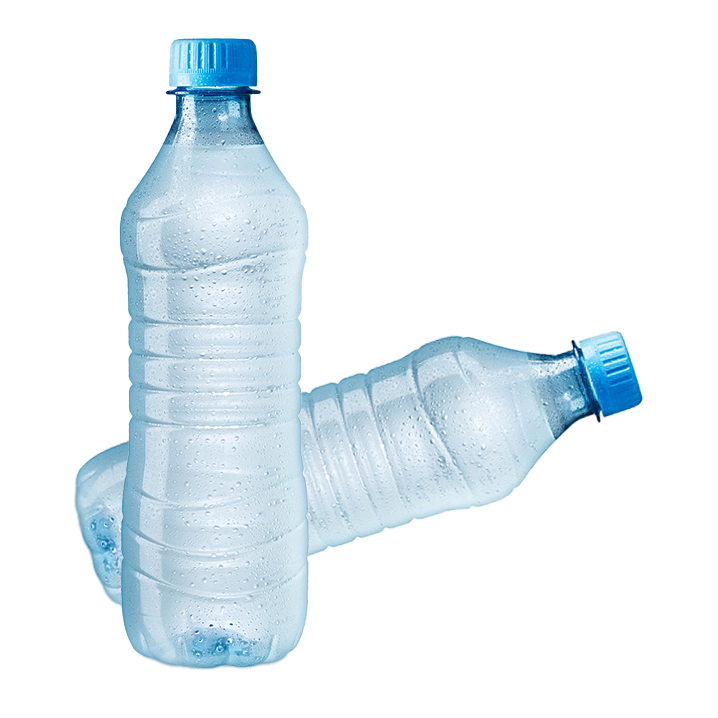
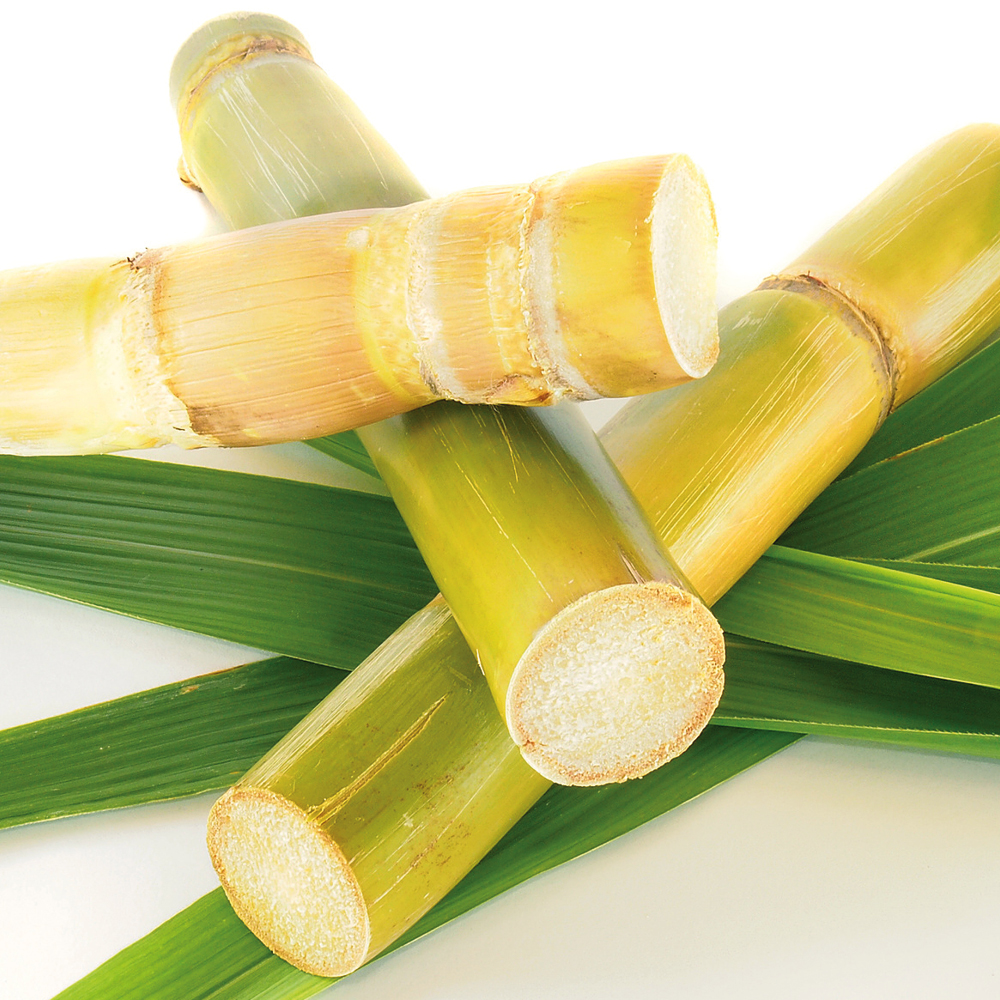
BIO-PET in plastic bottles
Renewable resources provide the basis for biobased plastics, which are used for different plastic products. Most drinking bottles are made from the plastic PET (polyethylene terephthalate). This polymer is prepared from two different chemical building blocks, which include the monoethylene glycol (MEG). Nowadays, MEG can be produced from bioalcohol, which is made from sugar cane. Microbes such as yeast feed on cane sugar, fermenting it into the alcohol MEG. When MEG is mixed with other chemical building blocks, the plastic BIO-PET is produced, which is 30% biobased. Several consumer goods manufacturers – including Coca-Cola – have joined forces to increase the amount of BIO-PET in their plastic bottles. Although the bottles are not biodegradable, they can be channelled into the recycling system.
Environmentally friendly alternatives
Compared to the production of crude oil, about 20% carbon dioxide can be saved in the production of plastics that are up to 30% bio-based. Consumer goods manufacturers have formed an alliance to increase the amount of biobased building blocks in their plastic bottles. One of their next goals is to produce bioalcohol from other plants and plant residues. Furthermore, Avantium, which develops the 100% biobased bioplastic material PEF, is working in collaboration with Coca-Cola and Danone to bring PEF bottles to the market.
In addition, manufacturers such as Coca-Cola and Danone are involved with the company Avantium, which is working on the bioplastic material PEF that is 100% biobased.
Ready for the market
Coca-Cola has used plastic bottles part made out of BIO-PET since 2009 in 31 global markets (among others Brazil, Chile, Norway and the US). The license for the plant bottle technology has also been passed on to other manufacturers, for example, Heinz’ Ketchup bottles are made from BIO-PET.
Weak points
Relatively high price / not cost-efficient
